this class describes an array More...
#include <CORE_Vector.h>
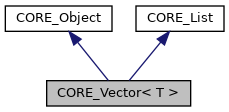
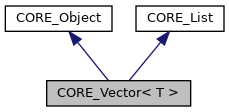
Public Member Functions | |
| CORE_Vector () | |
| build a vector of T More... | |
| CORE_Vector (const tUIndex &n) | |
| build a vector of T More... | |
| CORE_Vector (const CORE_Vector< T > &v) | |
| build a vector of T More... | |
| virtual | ~CORE_Vector () |
| destroy an array of T* More... | |
| void | getSharedPointer (boost::shared_ptr< CORE_Vector< T > > &p) |
| get the shared pointer into P More... | |
| void | getSharedPointer (boost::shared_ptr< const CORE_Vector< T > > &p) const |
| get the shared pointer into P More... | |
| const T & | operator[] (const tUIndex &i) const |
| get the i-th element More... | |
| T & | operator[] (const tUIndex &i) |
| get the i-th element More... | |
| CORE_Vector< T > & | operator= (const T &v) |
| init the vector to v More... | |
| CORE_Vector & | operator+= (const T &v) |
| do the arithmetic operation This+=v More... | |
| CORE_Vector & | operator-= (const T &v) |
| do the arithmetic operation This-=v More... | |
| CORE_Vector & | operator*= (const T &v) |
| do the arithmetic operation This*=v More... | |
| CORE_Vector & | operator/= (const T &v) |
| do the arithmetic operation This/=v More... | |
| template<class Q > | |
| void | copy (const CORE_Vector< Q > &u) |
| copy More... | |
| template<class Q > | |
| void | copy (const boost::shared_ptr< CORE_Vector< Q > > &array) |
| copy More... | |
| template<class Q > | |
| void | copy (const vector< Q > &u) |
| copy the values More... | |
| void | clear () |
| clear the array More... | |
| void | setSize (const tUIndex &n) |
| set the size of the vector More... | |
| void | reserve (const tUIndex &n) |
| set the capacity of the vector More... | |
| CORE_Vector< T > & | initValues (const T &v) |
| init the value to v More... | |
| CORE_Vector< T > & | initValues (const tUIndex &from, const tString &v) |
| init the value to v More... | |
| void | setValue (const tUIndex &i, const T &v) |
| set value at indx i More... | |
| void | set (const tUIndex &i, const T &v) |
| set value at indx i More... | |
| template<class Q > | |
| void | setValues (const vector< Q > &u) |
| set the values More... | |
| template<class Q > | |
| void | setValues (const Q *u, const tUIndex &n) |
| set the values More... | |
| vector< T >::const_iterator | begin () const |
| get iterator More... | |
| vector< T >::iterator | begin () |
| get iterator More... | |
| vector< T >::const_iterator | end () const |
| get iterator More... | |
| vector< T >::iterator | end () |
| get iterator More... | |
| T & | getLastElement () |
| get last element value for writing More... | |
| const T & | getLastElement () const |
| get last element value for reading More... | |
| const T & | getValue (const tUIndex &i) const |
| get value More... | |
| const T & | get (const tUIndex &i) const |
| get the value at index i More... | |
| T & | get (const tUIndex &i) |
| get the value at index i More... | |
| tUIndex | getSize () const |
| return the size of the vector More... | |
| tUIndex | size () const |
| return the size of the vector More... | |
| const vector< T > & | getValues () const |
| get values as a vector More... | |
| vector< T > & | getValues () |
| get values More... | |
| vector< T > & | getVector () |
| get vector More... | |
| const vector< T > & | getVector () const |
| get vector More... | |
| void | divideBy (const tReal &v) |
| divide by value v More... | |
| void | multiplyBy (const tReal &v) |
| multiplied by value v More... | |
| void | add (const CORE_Vector< T > &u, const CORE_Vector< T > &v) |
| init the value to this=u-v More... | |
| void | add (const tReal &f, const CORE_Vector< T > &v) |
| This+=f*v;. More... | |
| void | add (const CORE_Vector< T > &v) |
| This+=v. More... | |
| void | sub (const CORE_Vector< T > &v) |
| This-=v;. More... | |
| void | sub (const T &f, const CORE_Vector< T > &v) |
| This-=f*v;. More... | |
| void | sub (const CORE_Vector< T > &u, const CORE_Vector< T > &v) |
| init the value to This=u-v More... | |
| template<class Q > | |
| tReal | distance2 (const CORE_Vector< Q > &a) const |
| return the squared distance of the vector with the a vector More... | |
| template<class Q > | |
| tReal | distance (const CORE_Vector< Q > &a) const |
| return the distance of the vector with the a vector More... | |
| template<class Q > | |
| tReal | scalarProduct (const CORE_Vector< Q > &u) const |
| return the scalar product of the vector with the a vector More... | |
| template<class Q > | |
| tReal | scalarProduct (const CORE_Vector< Q > *a) const |
| return the scalar product of the vector with the a vector More... | |
| template<class Q > | |
| void | crossProduct (const CORE_Vector< Q > &a, CORE_Vector< Q > &res) const |
| return the cross product of the vector with the a vector More... | |
| void | rotX (const tReal &alpha) |
| rotate the vector among x-axes with angle alpha More... | |
| void | rotZ (const tReal &gamma) |
| rotate the vector among z-axes with angle gamma More... | |
| tReal | norm2 () const |
| return the squared norm of the vector More... | |
| tReal | norm () const |
| return the norm of the vector More... | |
| void | normalize () |
| normalize More... | |
| tBoolean | exists (const T &obj) const |
| test if the value obj exists More... | |
| virtual void | addInList (const T &obj) |
| add a core object More... | |
| void | push_back (const T &obj) |
| add an element at the end More... | |
| void | add (const T &obj) |
| add an element at the end More... | |
| tBoolean | insert (const tUIndex &i, const T &obj) |
| insert the pointer at index i the old element i become the element i+1 More... | |
| tBoolean | insertAtIndex (const tUIndex &i, const T &obj) |
| insert the pointer at index i the old element i become the element i+1 More... | |
| tUIndex | insert (const T &obj) |
| insert T More... | |
| tUIndex | insertInIncreasingOrder (const T &obj, const tBoolean &evenIfEqual) |
| insert The value in an increasing order More... | |
| void | addAfterIndex (const tUIndex &index, const T &v) |
| add an element after index More... | |
| void | addAfterIndices (boost::shared_ptr< CORE_Vector< tUIndex > > &p_indices, const CORE_SharedPointersList< CORE_Vector< T > > &values) |
| add alements after indices More... | |
| void | append (const CORE_Vector< T > &array) |
| append the array at the end of this More... | |
| tBoolean | remove (const T &obj) |
| remove all the value for the vector More... | |
| tBoolean | remove (const T *obj) |
| remove the pointer More... | |
| tBoolean | removeAtIndex (const tUIndex &i) |
| remove the pointer at index i More... | |
| tBoolean | remove () |
| remove the last pointer More... | |
| void | sort (const tFlag &order) |
sort the vector
< increasing order More... | |
| void | sort () |
sort the vector
< increasing order More... | |
| tUIndex | search (const T &value, const tFlag &order) |
| search the value in values vector ordered in order More... | |
| void | permute (const tUIndex &i, const tUIndex &j) |
| permute More... | |
| void | reverse () |
| reverse the vector More... | |
| virtual tString | toString () const |
| return the string representation of the vector More... | |
| void | getSharedPointer (SP::CORE_Object &p) |
| get the shared pointer of this class into p More... | |
| void | getSharedPointer (SPC::CORE_Object &p) const |
| get the shared pointer of this class into p More... | |
| tString | getClassName () const |
| return the class name of the object More... | |
| tString | getIdentityString () const |
| return the identity string of the object of the form className_at_address More... | |
| tString | getPointerAddress () const |
| return the identity string of the object More... | |
| template<class T > | |
| tBoolean | isInstanceOf () const |
| test if the clas T is an instance of this class More... | |
| tBoolean | isInstanceOf (const tString &name) const |
| test if the object is an instance of className More... | |
Static Public Member Functions | |
| static boost::shared_ptr< CORE_Vector< T > > | New (const boost::shared_ptr< CORE_Vector< T > > &v) |
| create a shared pointer of vector which is a copy of vector v More... | |
| static boost::shared_ptr< CORE_Vector< T > > | New (const CORE_Vector< T > &v) |
| create a shared pointer of vector which is a copy of vector v More... | |
| static boost::shared_ptr< CORE_Vector< T > > | New (const CORE_Vector< T > *v) |
| create a shared pointer of vector which is a copy of vector v More... | |
| static boost::shared_ptr< CORE_Vector< T > > | New () |
| create a shared pointer of vector More... | |
| static boost::shared_ptr< CORE_Vector< T > > | New (const tUIndex &dim) |
| create a shared pointer of vector of size dim More... | |
| template<class Q > | |
| static void | crossProduct (const CORE_Vector< Q > &a, const CORE_Vector< Q > &b, CORE_Vector< Q > &res) |
| return the cross product of the vector with the a vector res=a^b More... | |
| static void | sort (vector< T > &items, const tFlag &order) |
| sort the vector items More... | |
| static tUIndex | search (const vector< T > &values, const T &value, const tFlag &order) |
| search the value in values vector ordered in order If it does not existe return getMaxUIndex() More... | |
| static void | setIsMemoryChecked (const tBoolean &v) |
| set if the memory checking is used More... | |
| static void | setOut (SP::CORE_Out out) |
| set the output stream More... | |
| static void | resetOut () |
| reset the output stream More... | |
| static void | setThread (SP::CORE_Thread thread) |
| set the thread More... | |
| static void | resetThread () |
| reset the output stream More... | |
| static CORE_Out & | out () |
| get the output More... | |
| static SP::CORE_Out | getOut () |
| get the output More... | |
| static CORE_Thread & | getThread () |
| get the profilier More... | |
| static const tBoolean & | isMemoryChecked () |
| get if the memory checking is used More... | |
| static tString | getClassName (const tString &identityString) |
| return the class name of the object More... | |
| template<class T > | |
| static tString | getTypeName () |
| get type name More... | |
| static tBoolean | is64Architecture () |
| return true if the machine is a 64 bits machine More... | |
| static tBoolean | is32Architecture () |
| return true if the machine is a 32 bits machine More... | |
| static tString | pointer2String (const void *obj) |
| return the string representation of a pointer More... | |
| static void | printObjectsInMemory (ostream &f) |
| print object in memory More... | |
| static void | printObjectsInMemory () |
| print object in memory in the standart output More... | |
| static tChar | getMaxChar () |
| get the max value for tChar type More... | |
| static tChar | getMinChar () |
| get the min value for tChar type More... | |
| static tUChar | getMaxUChar () |
| get the max value for tUChar type More... | |
| static tUChar | getMinUChar () |
| get the min value for tUChar type More... | |
| static tSInt | getMaxSInt () |
| get the max value for tSInt type More... | |
| static tSInt | getMinSInt () |
| get the min value for tSInt type More... | |
| static tUSInt | getMaxUSInt () |
| get the max value for tUSInt type More... | |
| static tUSInt | getMinUSInt () |
| get the min value for tUSInt type More... | |
| static tInt | getMaxInt () |
| get the max value for tInt type More... | |
| static tInt | getMinInt () |
| get the min value for tInt type More... | |
| static tUInt | getMaxUInt () |
| get the max value for tUInt type More... | |
| static tUInt | getMinUInt () |
| get the min value for tUInt type More... | |
| static tLInt | getMaxLInt () |
| get the max value for tLInt type More... | |
| static tLInt | getMinLInt () |
| get the min value for tLInt type More... | |
| static tULInt | getMaxULInt () |
| get the max value for tULInt type More... | |
| static tULInt | getMinULInt () |
| get the min value for tULInt type More... | |
| static tLLInt | getMaxLLInt () |
| get the max value for tULInt type More... | |
| static tLLInt | getMinLLInt () |
| get the min value for tLLInt type More... | |
| static tULLInt | getMaxULLInt () |
| get the max value for tULLInt type More... | |
| static tULLInt | getMinULLInt () |
| get the min value for tULLInt type More... | |
| static tFloat | getMaxFloat () |
| get the max value for tFloat type More... | |
| static tFloat | getMinFloat () |
| get the min value for tFloat type More... | |
| template<class T > | |
| static T | getEpsilon () |
| get the epsilon value for T type More... | |
| template<class T > | |
| static T | getInfinity () |
| get the infinity for T type More... | |
| static tFloat | getFloatEpsilon () |
| get the epsilon value for tFloat type More... | |
| static tFloat | getFloatInfinity () |
| get the infinity value for tFloat type More... | |
| static tDouble | getMaxDouble () |
| get the max value for tDouble type More... | |
| static tDouble | getMinDouble () |
| get the min value for tDouble type More... | |
| static tDouble | getDoubleInfinity () |
| get the infinity value for tFloat type More... | |
| static tDouble | getDoubleEpsilon () |
| get the epsilon value for tDouble type More... | |
| static tLDouble | getMinLDouble () |
| get the min value for tLDouble type More... | |
| static tLDouble | getMaxLDouble () |
| get the max value for tLDouble type More... | |
| static tLDouble | getLDoubleEpsilon () |
| get the epsilon value for tLDouble type More... | |
| static tDouble | getLDoubleInfinity () |
| get the infinity value for tDouble type More... | |
| static tIndex | getMaxIndex () |
| get the max value for the array/vector indexing type More... | |
| static tIndex | getMinIndex () |
| get the min value for the array/vector indexing type More... | |
| static tUIndex | getMaxUIndex () |
| get the max value for difference the array/vector indexing type More... | |
| static tUIndex | getMinUIndex () |
| get the min value for difference the array/vector indexing type More... | |
| static tFlag | getMaxFlag () |
| get the max value for the tFlag type More... | |
| static tFlag | getMinFlag () |
| get the min value for the tFlag type More... | |
| static tUInteger | getMaxUInteger () |
| get the max value for the unsigned integer type More... | |
| static tUInteger | getMinUInteger () |
| get the min value for the unsigned integer type More... | |
| static tInteger | getMaxInteger () |
| get the max value for the integer type More... | |
| static tInteger | getMinInteger () |
| get the min value for the integer type More... | |
| static tReal | getMaxReal () |
| get the max value for the real type More... | |
| static tReal | getMinReal () |
| get the min value for the real type More... | |
| static tReal | getRealEpsilon () |
| get the eps which is the difference between 1 and the least value greater than 1 that is representable. More... | |
| static tReal | getRealInfinity () |
| get the infinity value More... | |
| template<class T > | |
| static T | computeEpsilon () |
| compute epsilon More... | |
| template<class Q > | |
| static tBoolean | compare (const Q &a, const Q &b, const tFlag &order) |
| compare 2 object a & b More... | |
| static tBoolean | compareString (const tString &a, const tString &b, const tFlag &order) |
| compare 2 string a & b More... | |
| static tFlag | reverse (const tFlag &oder) |
| return the reverse order More... | |
Static Public Attributes | |
| static const tFlag | NO_ORDER =0 |
| static const tFlag | EQ =1 |
| static const tFlag | NEQ =2 |
| static const tFlag | LT =3 |
| = More... | |
| static const tFlag | LE =4 |
| static const tFlag | GT =5 |
| static const tFlag | GE =6 |
Protected Member Functions | |
| void | setThis (SP::CORE_Object p) |
| set this weak shared pointer called toDoAfterThis setting method More... | |
| virtual void | toDoAfterThisSetting () |
| method called after setThis() method this method can oly be called once. More... | |
Private Member Functions | |
| boost::shared_ptr< CORE_Vector< T > > | getThis () |
| get the shared pointer This More... | |
| boost::shared_ptr< const CORE_Vector< T > > | getThis () const |
| get the shared pointer This More... | |
Private Attributes | |
| vector< T > | mVector |
Detailed Description
template<class T>
class CORE_Vector< T >
this class describes an array
Constructor & Destructor Documentation
◆ CORE_Vector() [1/3]
| CORE_Vector< T >::CORE_Vector | ( | ) |
build a vector of T
References CORE_Vector< T >::mVector.
◆ CORE_Vector() [2/3]
| CORE_Vector< T >::CORE_Vector | ( | const tUIndex & | n | ) |
build a vector of T
References CORE_Vector< T >::mVector.
◆ CORE_Vector() [3/3]
| CORE_Vector< T >::CORE_Vector | ( | const CORE_Vector< T > & | v | ) |
◆ ~CORE_Vector()
|
virtual |
destroy an array of T*
Member Function Documentation
◆ add() [1/4]
|
inline |
init the value to this=u-v
- Parameters
-
u first argument of the add method v second argument of the add method
- Returns
- This=u+v
References CORE_Vector< T >::begin(), CORE_Vector< T >::getSize(), and tUIndex.
Referenced by CORE_IO::getContents(), CORE_IO::getFiles(), CORE_SharedPointersListVMap< Key, Value >::getKeys(), CORE_Map< Key, Value >::getKeys(), CORE_IO::getPaths(), CORE_Vector< T >::insert(), CORE_Vector< T >::insertInIncreasingOrder(), and CORE_Test::testString().

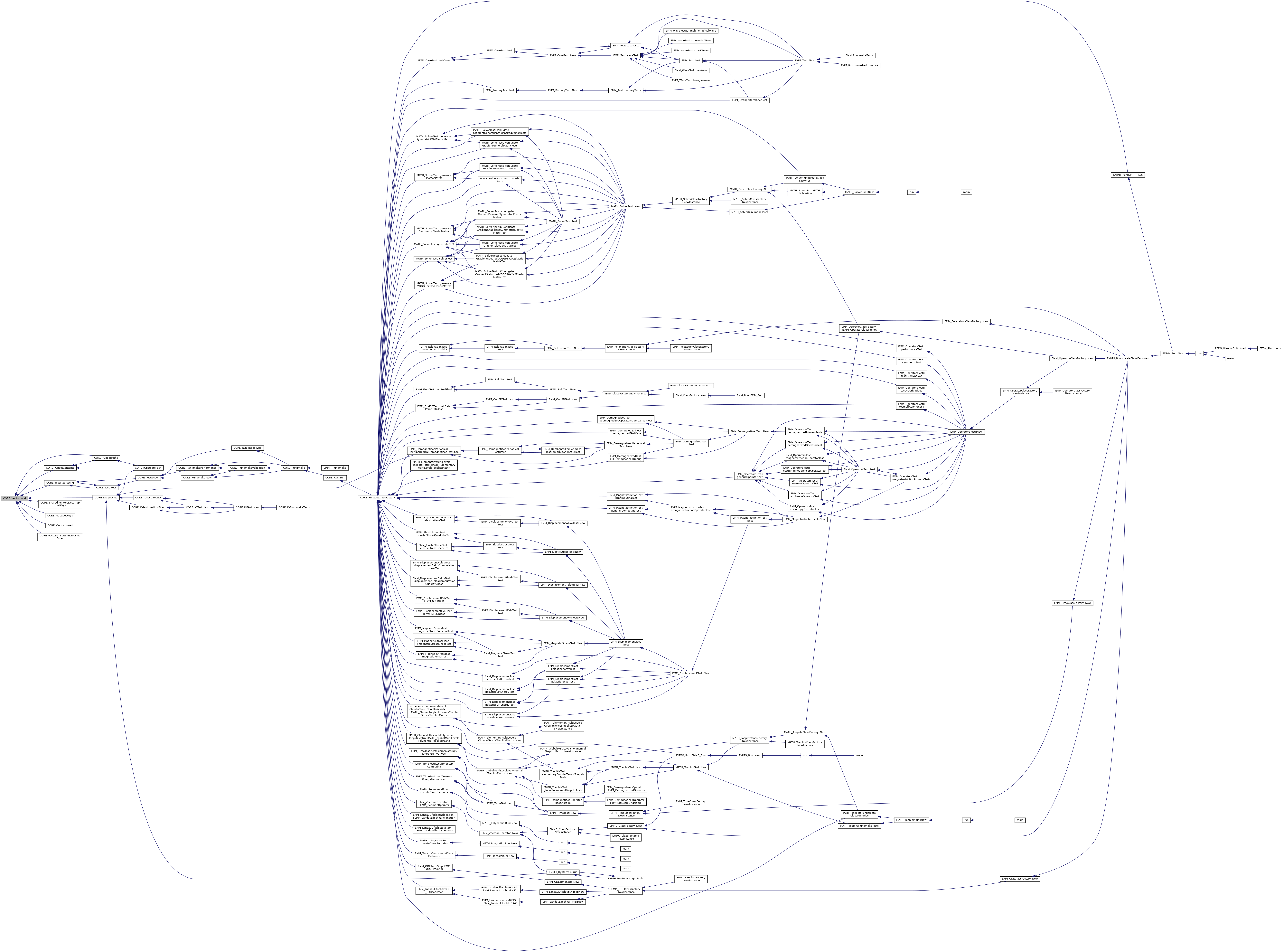
◆ add() [2/4]
|
inline |
This+=f*v;.
References CORE_Vector< T >::begin(), CORE_Vector< T >::getSize(), and tUIndex.

◆ add() [3/4]
|
inline |
This+=v.
- Parameters
-
v the vector to add
◆ add() [4/4]
|
inline |
◆ addAfterIndex()
| void CORE_Vector< T >::addAfterIndex | ( | const tUIndex & | index, |
| const T & | v | ||
| ) |
add an element after index
- Parameters
-
v element add at index+1 index must be in [0,mSize-1]
References CORE_Vector< T >::mVector, CORE_Vector< T >::setSize(), and tUIndex.

◆ addAfterIndices()
| void CORE_Vector< T >::addAfterIndices | ( | boost::shared_ptr< CORE_Vector< tUIndex > > & | p_indices, |
| const CORE_SharedPointersList< CORE_Vector< T > > & | values | ||
| ) |
add alements after indices
- Parameters
-
p_indices array of index to add values in increasing order values at index indices[index] add the values of the array of T
References CORE_Vector< T >::copy(), CORE_Vector< T >::get(), CORE_Object::getMaxUIndex(), CORE_Vector< T >::getSize(), CORE_Vector< T >::mVector, null, tIndex, and tUIndex.

◆ addInList()
|
inlinevirtual |
add a core object
◆ append()
| void CORE_Vector< T >::append | ( | const CORE_Vector< T > & | array | ) |
append the array at the end of this
- Parameters
-
array the array to append
References CORE_Vector< T >::begin(), CORE_Vector< T >::getSize(), CORE_Vector< T >::mVector, CORE_Vector< T >::setSize(), and tUIndex.

◆ begin() [1/2]
|
inline |
get iterator
Referenced by CORE_Vector< T >::add(), CORE_Vector< T >::append(), CORE_Vector< T >::copy(), CORE_Vector< T >::crossProduct(), CORE_Vector< T >::distance2(), CORE_SharedPointersVMap< tString, CORE_Object >::getKeys(), CORE_SharedPointersVMap< tString, CORE_Object >::getValues(), CORE_Vector< T >::scalarProduct(), CORE_Array2D< T >::setRowValue(), and CORE_Vector< T >::sub().
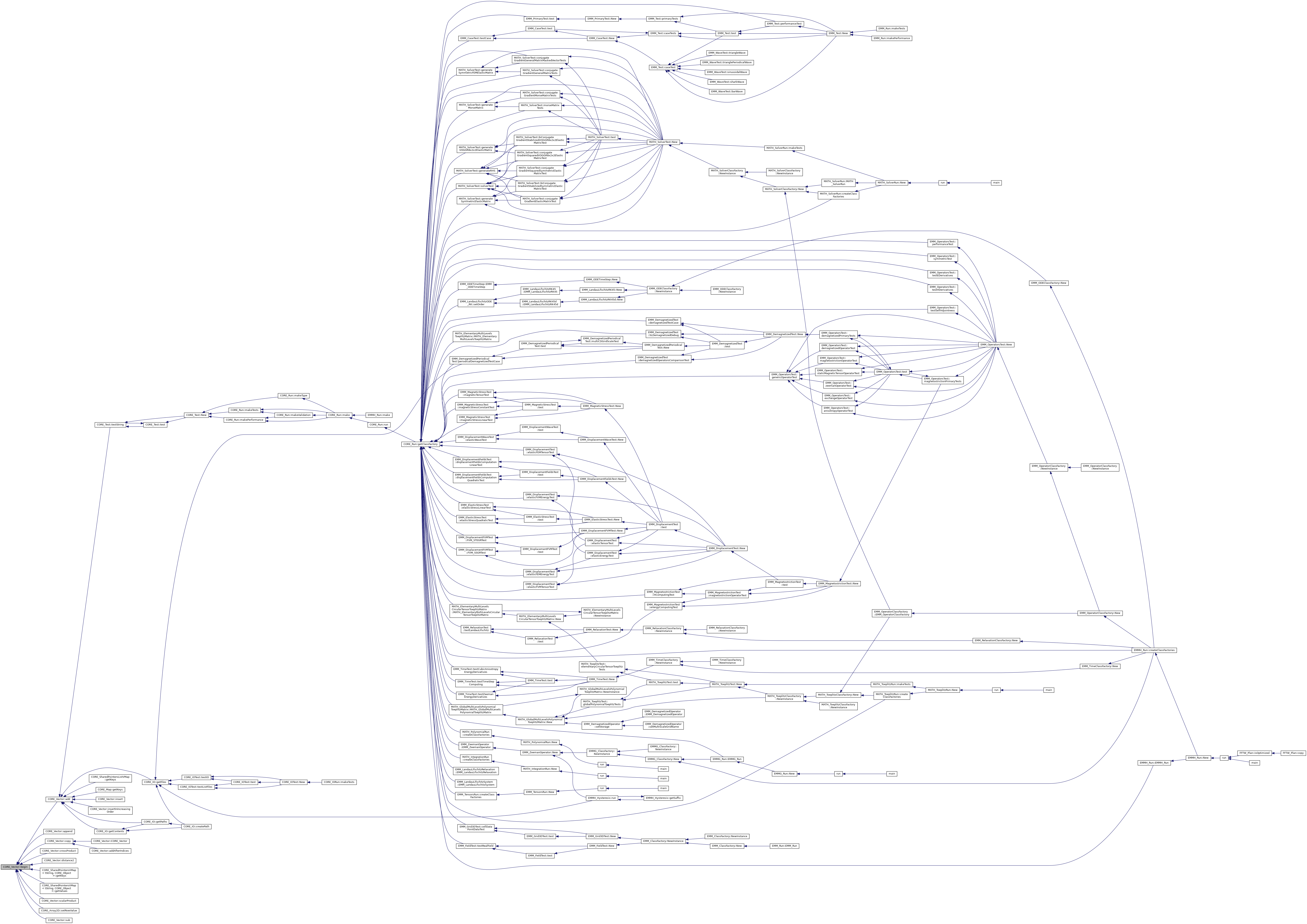
◆ begin() [2/2]
|
inline |
get iterator
◆ clear()
|
inlinevirtual |
clear the array
Implements CORE_List.
Referenced by CORE_IO::getContents(), CORE_IO::getFiles(), CORE_SharedPointersListVMap< Key, Value >::getKeys(), CORE_Map< Key, Value >::getKeys(), CORE_SharedPointersKVMap< Key, Value >::getValues(), CORE_SharedPointersVMap< tString, CORE_Object >::getValues(), CORE_Map< Key, Value >::getValues(), and CORE_Vector< T >::initValues().

◆ compare()
|
inlinestaticinherited |
compare 2 object a & b
- Parameters
-
a the first object to compare b : the second object to compare order the type of order in EQ,NEQ,LT,LE,GT,GE (=,!=,<,<=,>,>=)
- Returns
- the comparison between a and b with respect to order
Referenced by CORE_List::compareString(), CORE_ArrayList< tString >::insert(), CORE_Vector< T >::search(), CORE_ArrayList< tString >::sort(), and CORE_Vector< T >::sort().

◆ compareString()
|
inlinestaticinherited |
compare 2 string a & b
- Parameters
-
a the first string to compare b : the second string to compare order the type of order in EQ,NEQ,LT,LE,GT,GE (=,!=,<,<=,>,>=)
- Returns
- the comparison between a and b with respect to order
References CORE_List::compare(), CORE_List::reverse(), and tFlag.

◆ computeEpsilon()
|
inlinestaticinherited |
compute epsilon
- Returns
- the epsilon value eps=10^{-p/3} where p is defined by getEpsilon()=10^{-p}
◆ copy() [1/3]
|
inline |
copy
- Parameters
-
u the shared vector to copy
References CORE_Vector< T >::begin(), and CORE_Vector< T >::getSize().
Referenced by CORE_Vector< T >::addAfterIndices(), and CORE_Vector< T >::CORE_Vector().


◆ copy() [2/3]
|
inline |
copy
- Parameters
-
array the shared vector to copy
◆ copy() [3/3]
copy the values
- Parameters
-
u the vector to copy
◆ crossProduct() [1/2]
|
inlinestatic |
return the cross product of the vector with the a vector res=a^b
References CORE_Vector< T >::begin(), CORE_Vector< T >::getSize(), CORE_Vector< T >::setSize(), and tUIndex.

◆ crossProduct() [2/2]
|
inline |
return the cross product of the vector with the a vector
◆ distance()
|
inline |
return the distance of the vector with the a vector
◆ distance2()
|
inline |
return the squared distance of the vector with the a vector
References CORE_Vector< T >::begin(), CORE_Vector< T >::getSize(), tReal, and tUIndex.

◆ divideBy()
|
inline |
divide by value v
- Parameters
-
v divisor value
◆ end() [1/2]
|
inline |
get iterator
Referenced by CORE_Array2D< T >::setRowValue().

◆ end() [2/2]
|
inline |
get iterator
◆ exists()
| tBoolean CORE_Vector< T >::exists | ( | const T & | obj | ) | const |
test if the value obj exists
- Parameters
-
obj the value to find
References CORE_Vector< T >::mVector.
Referenced by CORE_Vector< T >::remove().

◆ get() [1/2]
|
inline |
get the value at index i
- Parameters
-
i index of the element
- Returns
- the value for reading
Referenced by CORE_Vector< T >::addAfterIndices(), and CORE_SharedPointersKVMap< Key, Value >::getValues().

◆ get() [2/2]
|
inline |
get the value at index i
- Parameters
-
i index of the element
- Returns
- the value for writing
◆ getClassName() [1/2]
|
inherited |
return the class name of the object
- Returns
- the class name of the object
References tString.
Referenced by CORE_Object::getIdentityString(), EMM_Operator::getName(), and CORE_Object::isMemoryChecked().

◆ getClassName() [2/2]
return the class name of the object
- Parameters
-
identityString the identity string of the object
- Returns
- the class name
◆ getDoubleEpsilon()
|
inlinestaticinherited |
get the epsilon value for tDouble type
- Returns
- the epsilon value for tDouble type
Referenced by CORE_Test::testType().
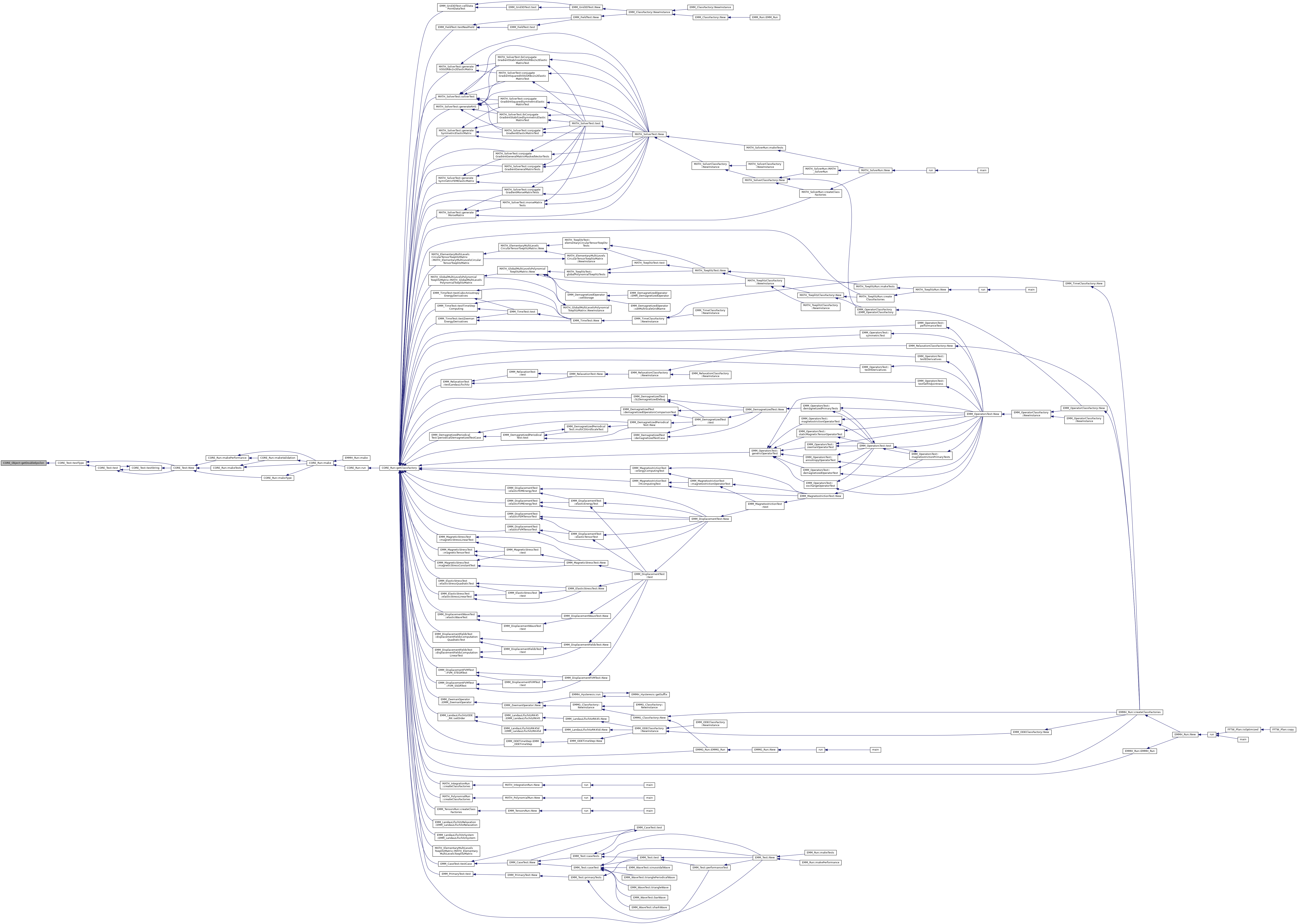
◆ getDoubleInfinity()
|
inlinestaticinherited |
get the infinity value for tFloat type
- Returns
- the intinity value for tFloat type
◆ getEpsilon()
|
inlinestaticinherited |
get the epsilon value for T type
- Returns
- the epsilon value for T type
◆ getFloatEpsilon()
|
inlinestaticinherited |
get the epsilon value for tFloat type
- Returns
- the epsilon value for tFloat type
Referenced by CORE_Test::testType().
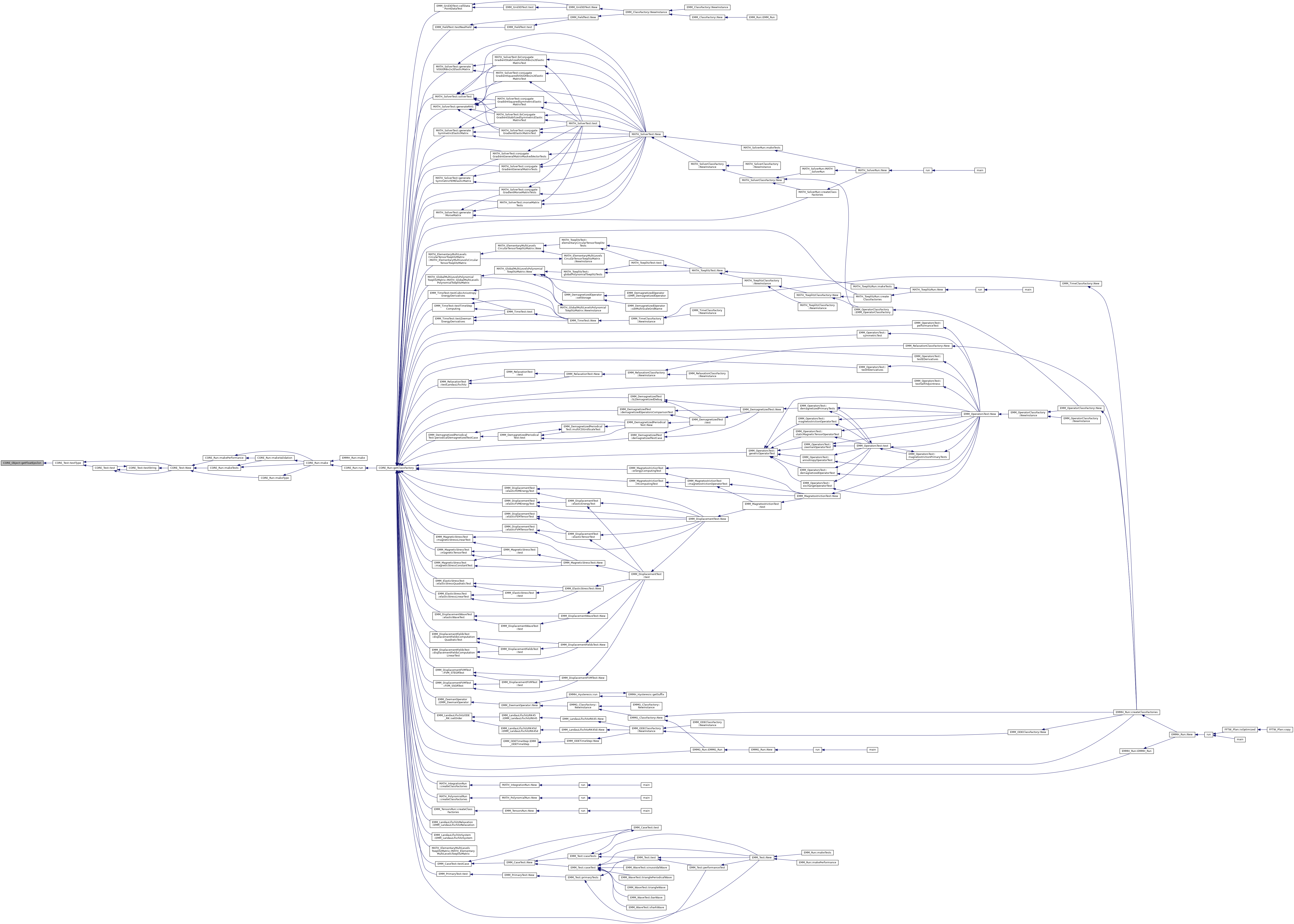
◆ getFloatInfinity()
|
inlinestaticinherited |
get the infinity value for tFloat type
- Returns
- the intinity value for tFloat type
◆ getIdentityString()
|
inlineinherited |
return the identity string of the object of the form className_at_address
- Returns
- the identity string of the object
References CORE_Object::getClassName(), CORE_Object::pointer2String(), and tString.
Referenced by MATH_GaussLegendreIntegration::copy(), EMM_MultiScaleGrid::initialize(), CORE_Object::isInstanceOf(), CORE_Object::printObjectsInMemory(), MATH_Matrix::toString(), EMMG_SLPeriodicMultiScale::toString(), EMM_Stepper::toString(), EMM_AnisotropyDirectionsField::toString(), EMM_BlockMassMatrix::toString(), CORE_Object::toString(), EMM_Tensors::toString(), EMM_MultiScaleGrid::toString(), EMM_MatterField::toString(), EMM_Grid3D::toString(), and EMM_LandauLifschitzSystem::toString().

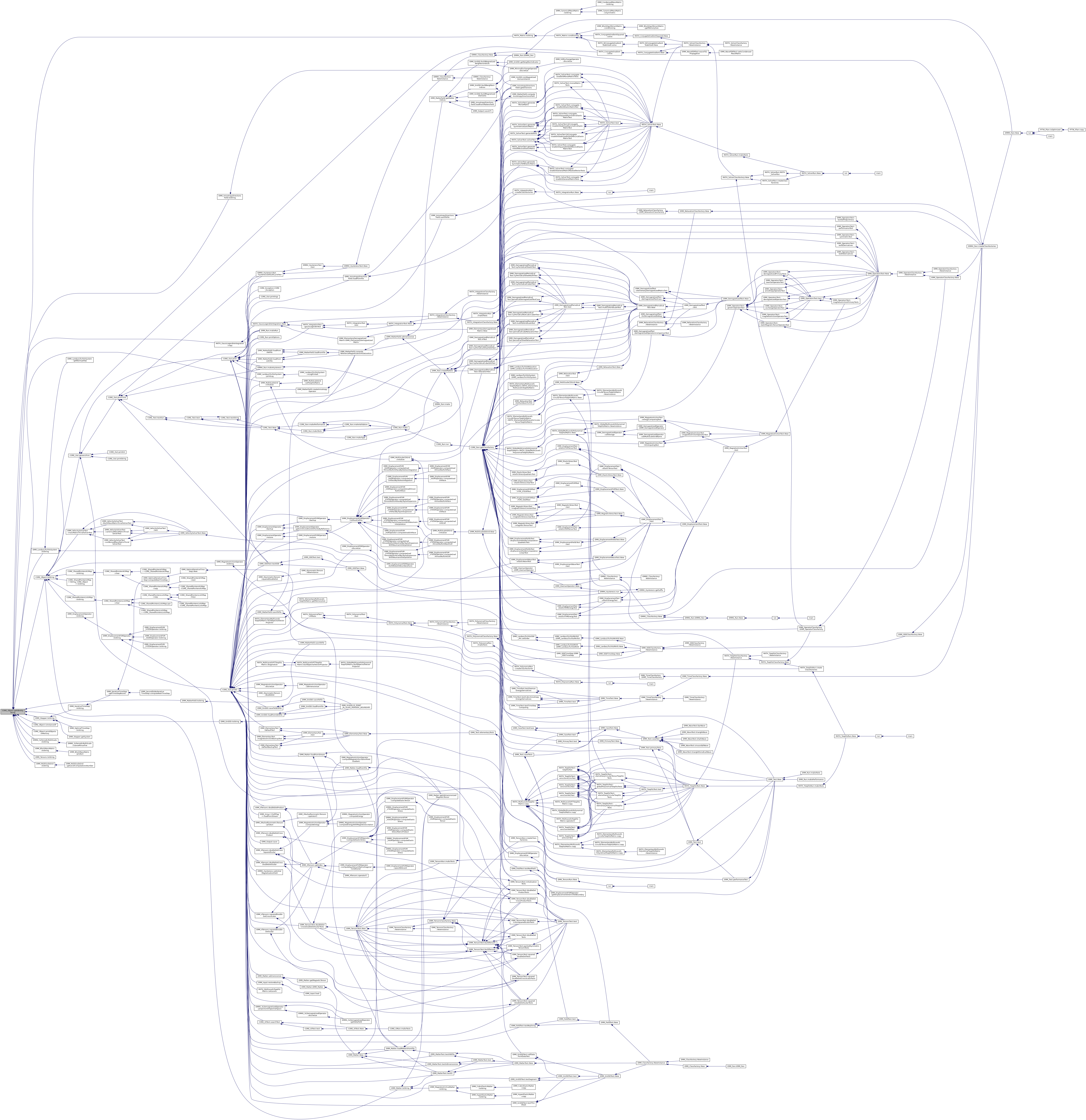
◆ getInfinity()
|
inlinestaticinherited |
get the infinity for T type
- Returns
- the infinity value for T type
◆ getLastElement() [1/2]
|
inline |
get last element value for writing
- Returns
- the last element value
References ASSERT_IN.
Referenced by CORE_Test::testVector().
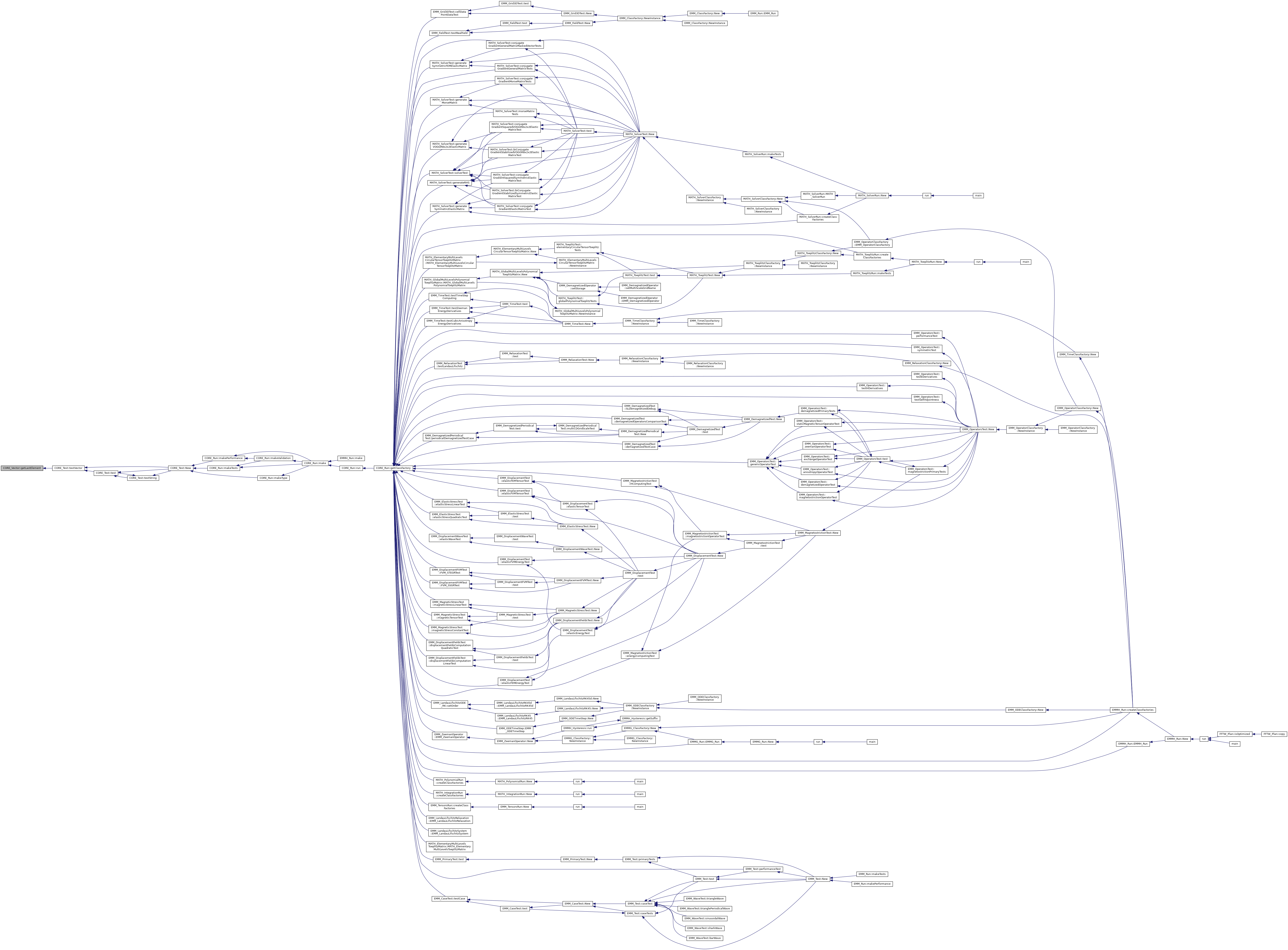
◆ getLastElement() [2/2]
|
inline |
◆ getLDoubleEpsilon()
|
inlinestaticinherited |
get the epsilon value for tLDouble type
- Returns
- the epsilon value for tLDouble type
Referenced by CORE_Test::testType().

◆ getLDoubleInfinity()
|
inlinestaticinherited |
get the infinity value for tDouble type
- Returns
- the infinity value for tDouble type
◆ getMaxChar()
|
inlinestaticinherited |
get the max value for tChar type
- Returns
- the max value for tChar type
Referenced by CORE_Test::testType().

◆ getMaxDouble()
|
inlinestaticinherited |
get the max value for tDouble type
- Returns
- the max value for tDouble type
Referenced by CORE_Test::testType().
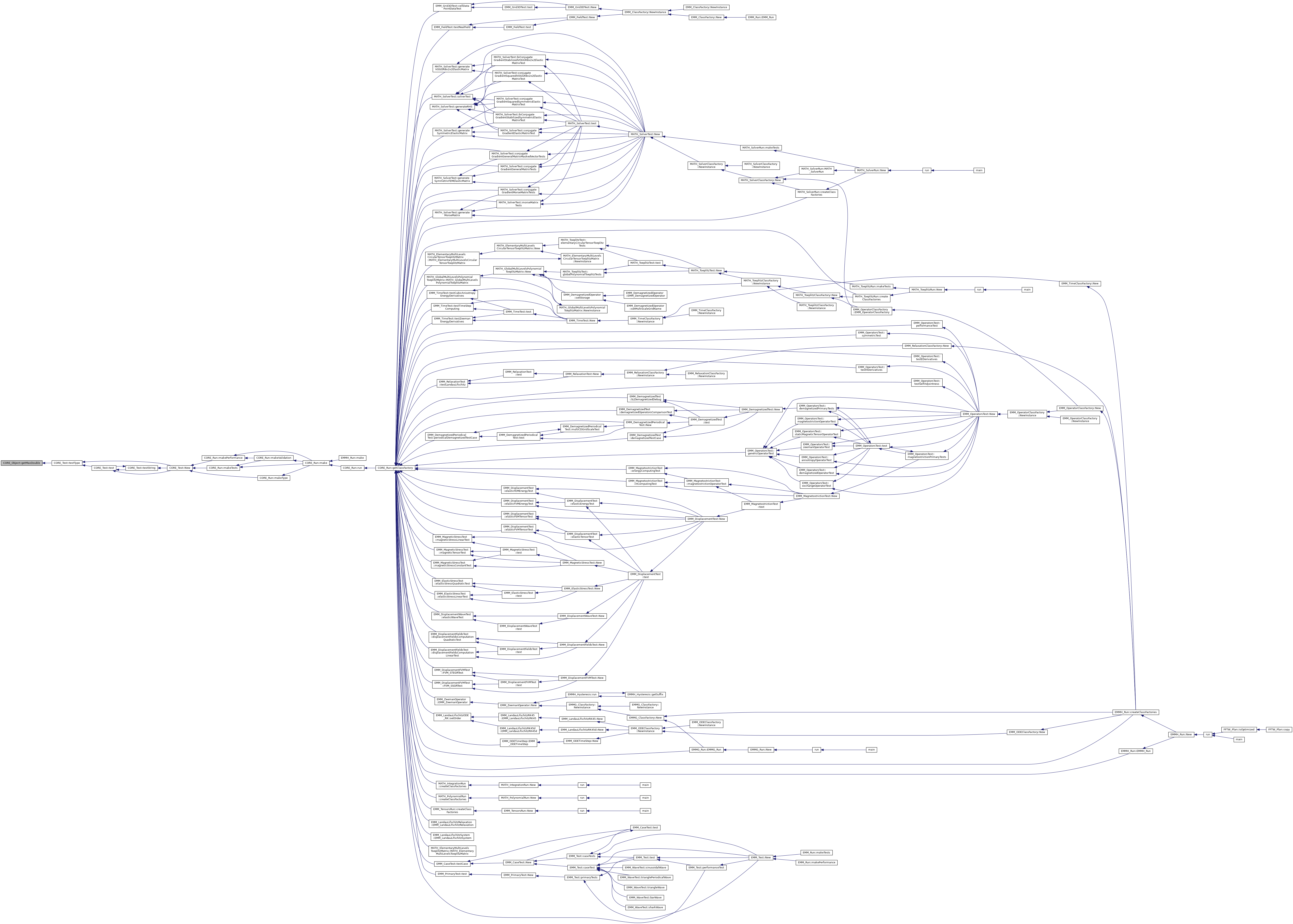
◆ getMaxFlag()
|
inlinestaticinherited |
get the max value for the tFlag type
- Returns
- the max value for the tFlag type
Referenced by CORE_Test::testType().

◆ getMaxFloat()
|
inlinestaticinherited |
get the max value for tFloat type
- Returns
- the max value for tFloat type
Referenced by CORE_Test::testType().
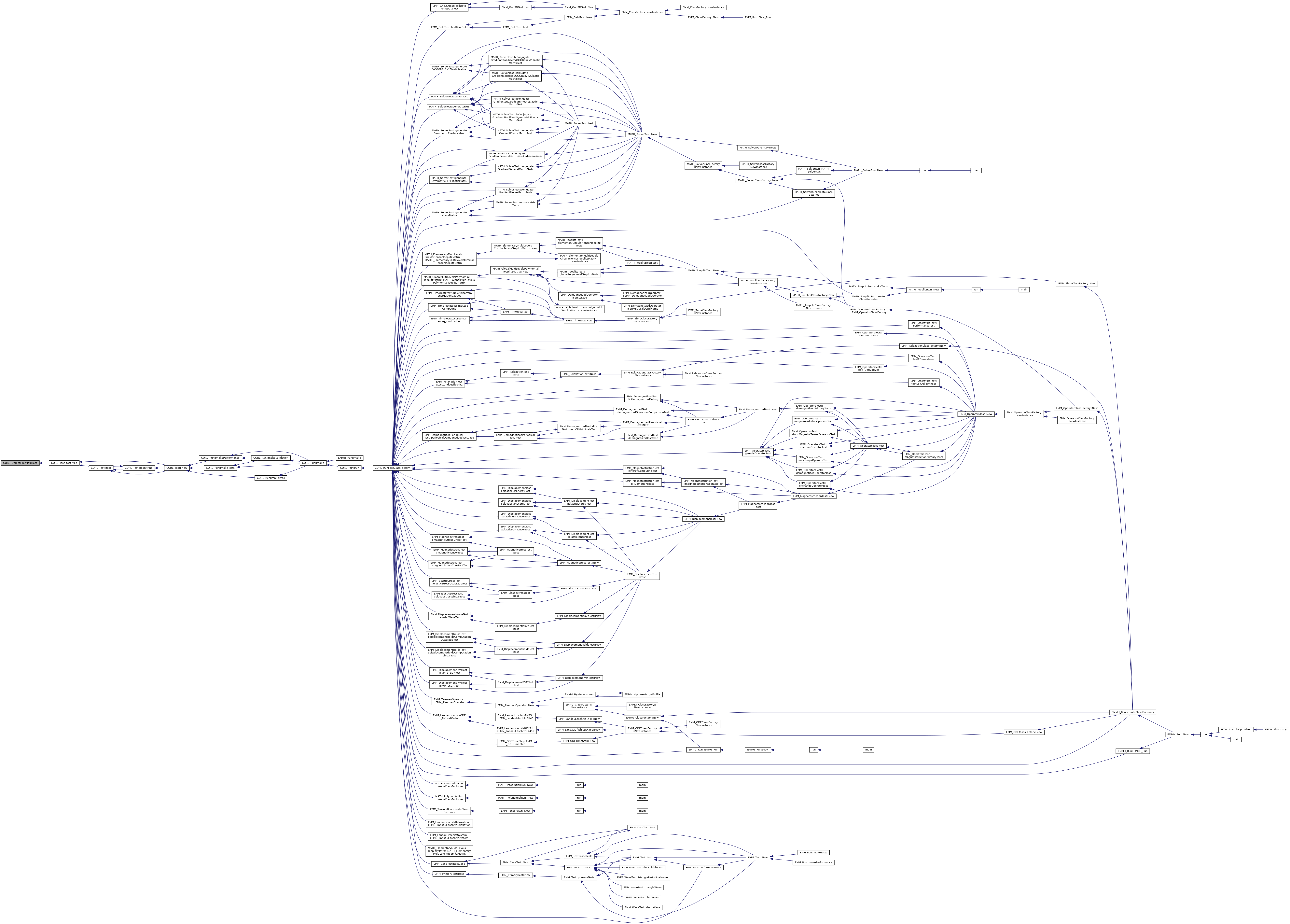
◆ getMaxIndex()
|
inlinestaticinherited |
get the max value for the array/vector indexing type
- Returns
- the max value for the array/vector indexing type
Referenced by CORE_Test::testType().
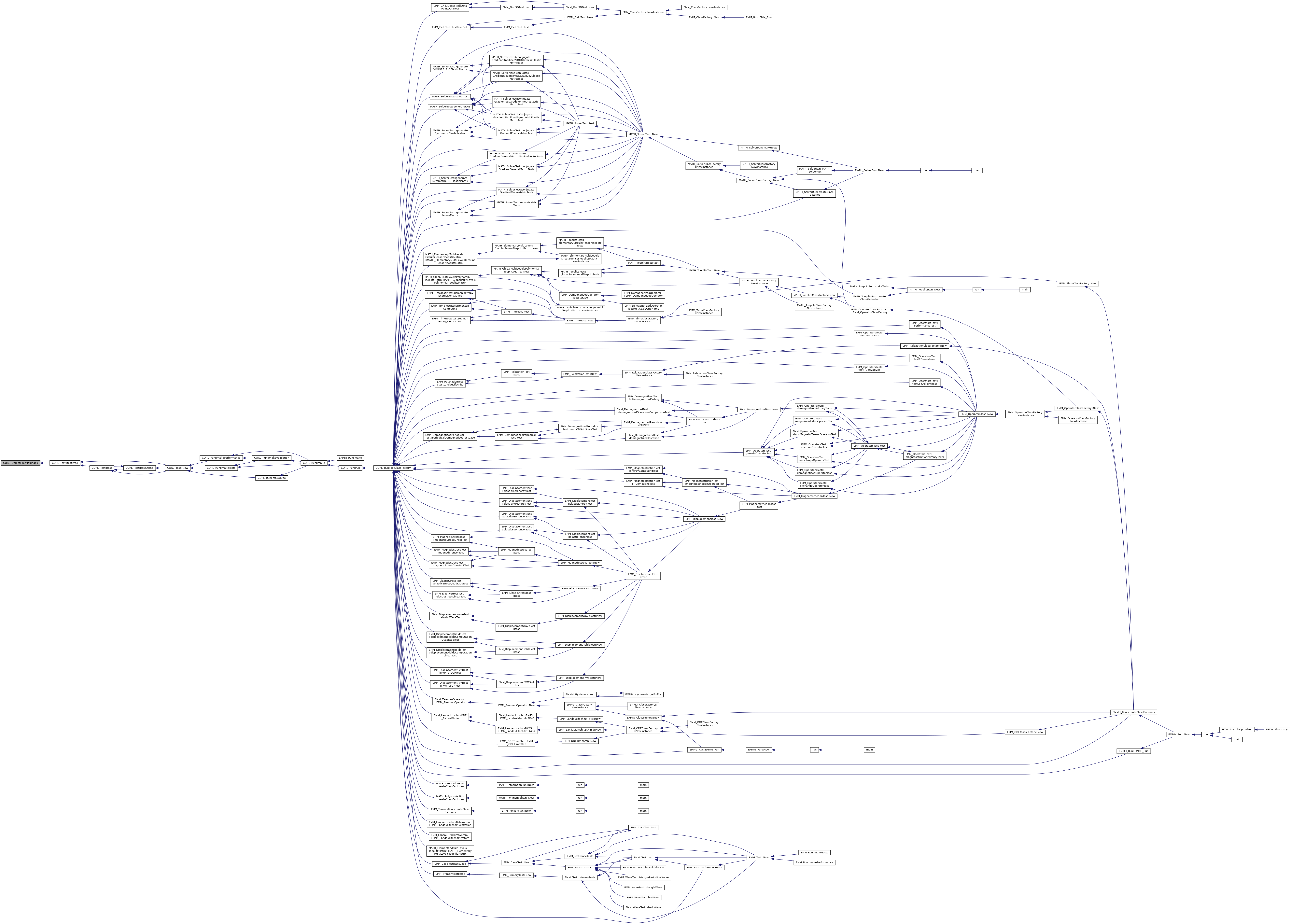
◆ getMaxInt()
|
inlinestaticinherited |
get the max value for tInt type
- Returns
- the max value for tInt type
Referenced by MATSGN_FFT::fastFourierTransform3D_FFTW(), and CORE_Test::testType().

◆ getMaxInteger()
|
inlinestaticinherited |
get the max value for the integer type
- Returns
- the max value for the integer type
Referenced by CORE_Test::testType().
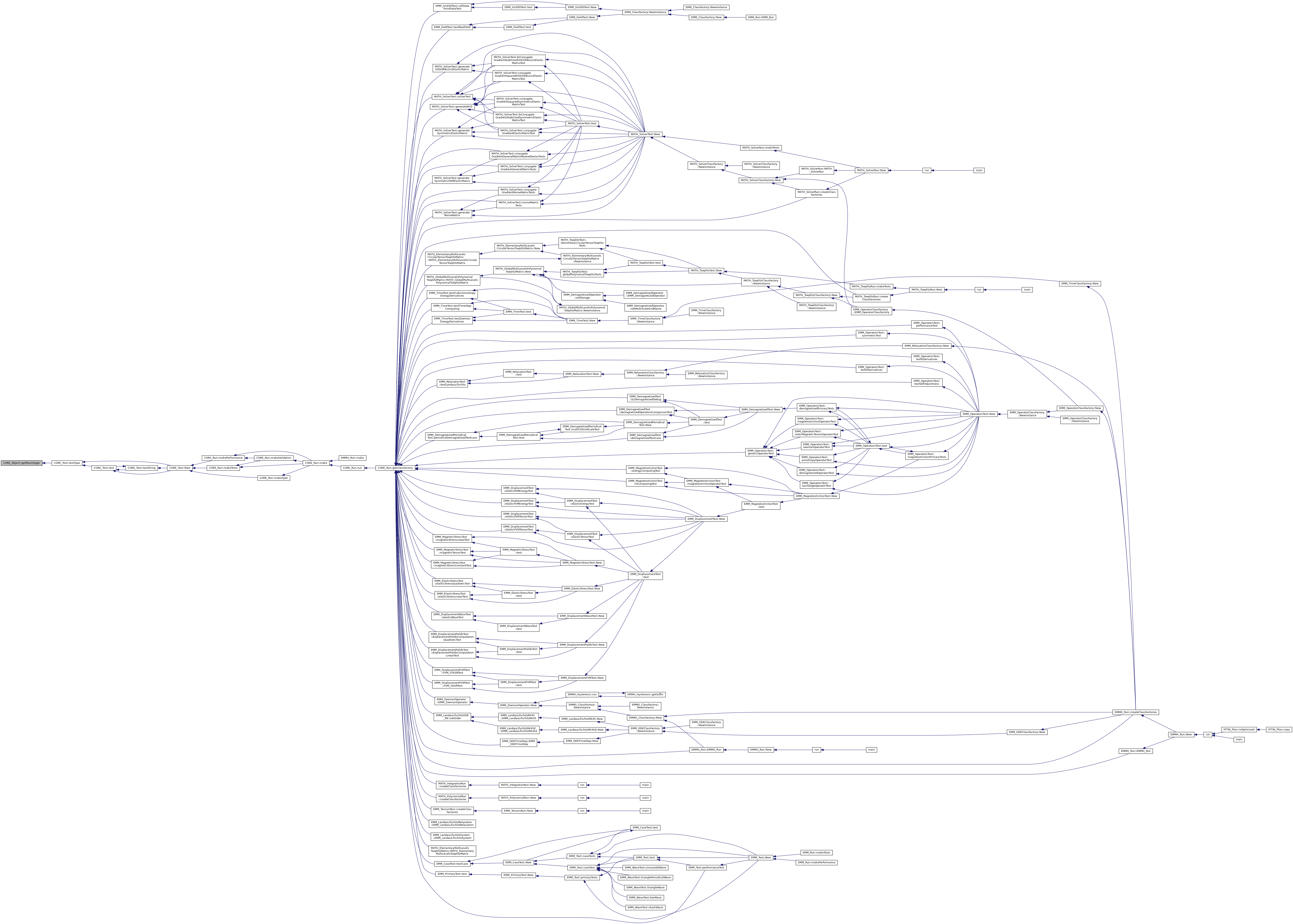
◆ getMaxLDouble()
|
inlinestaticinherited |
get the max value for tLDouble type
- Returns
- the max value for tLDouble type
Referenced by CORE_Test::testType().
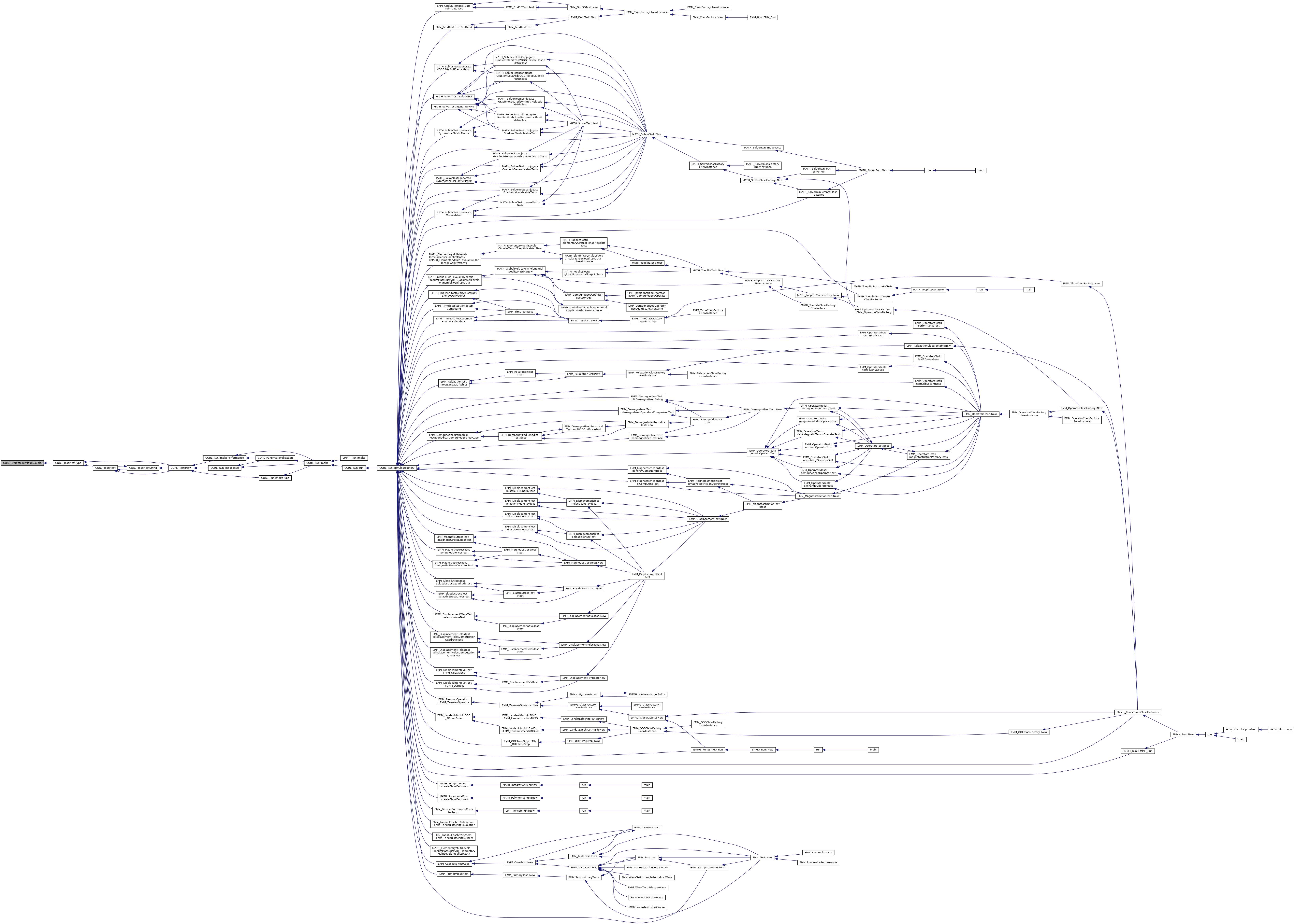
◆ getMaxLInt()
|
inlinestaticinherited |
get the max value for tLInt type
- Returns
- the max value for tLInt type
Referenced by CORE_Test::testType().

◆ getMaxLLInt()
|
inlinestaticinherited |
get the max value for tULInt type
- Returns
- the max value for tULInt type
Referenced by CORE_Test::testType().
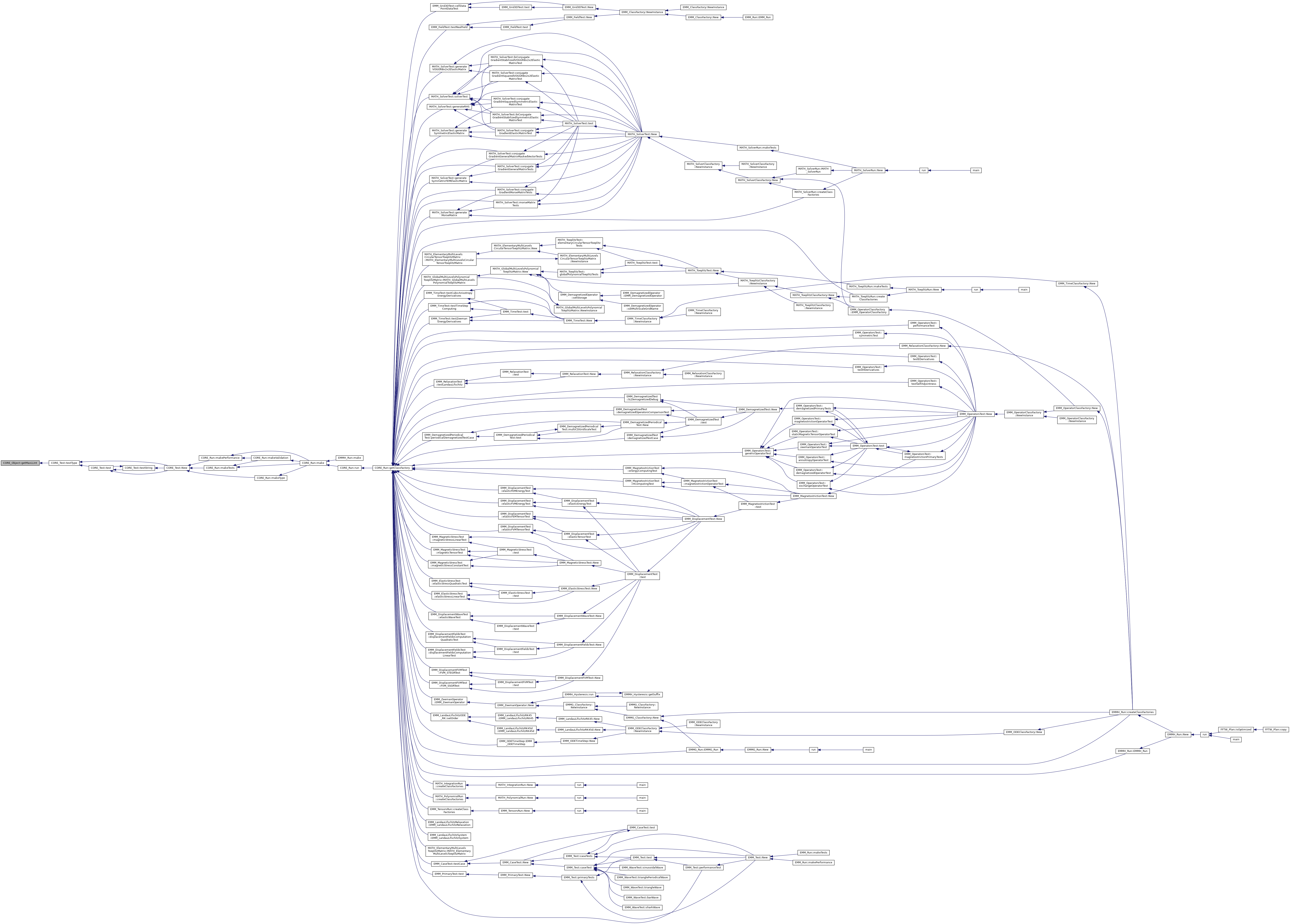
◆ getMaxReal()
|
inlinestaticinherited |
get the max value for the real type
- Returns
- he max value for the real type
Referenced by EMM_MatterField::adimensionize(), and CORE_Test::testType().

◆ getMaxSInt()
|
inlinestaticinherited |
get the max value for tSInt type
- Returns
- the max value for tSInt type
Referenced by CORE_Test::testType().
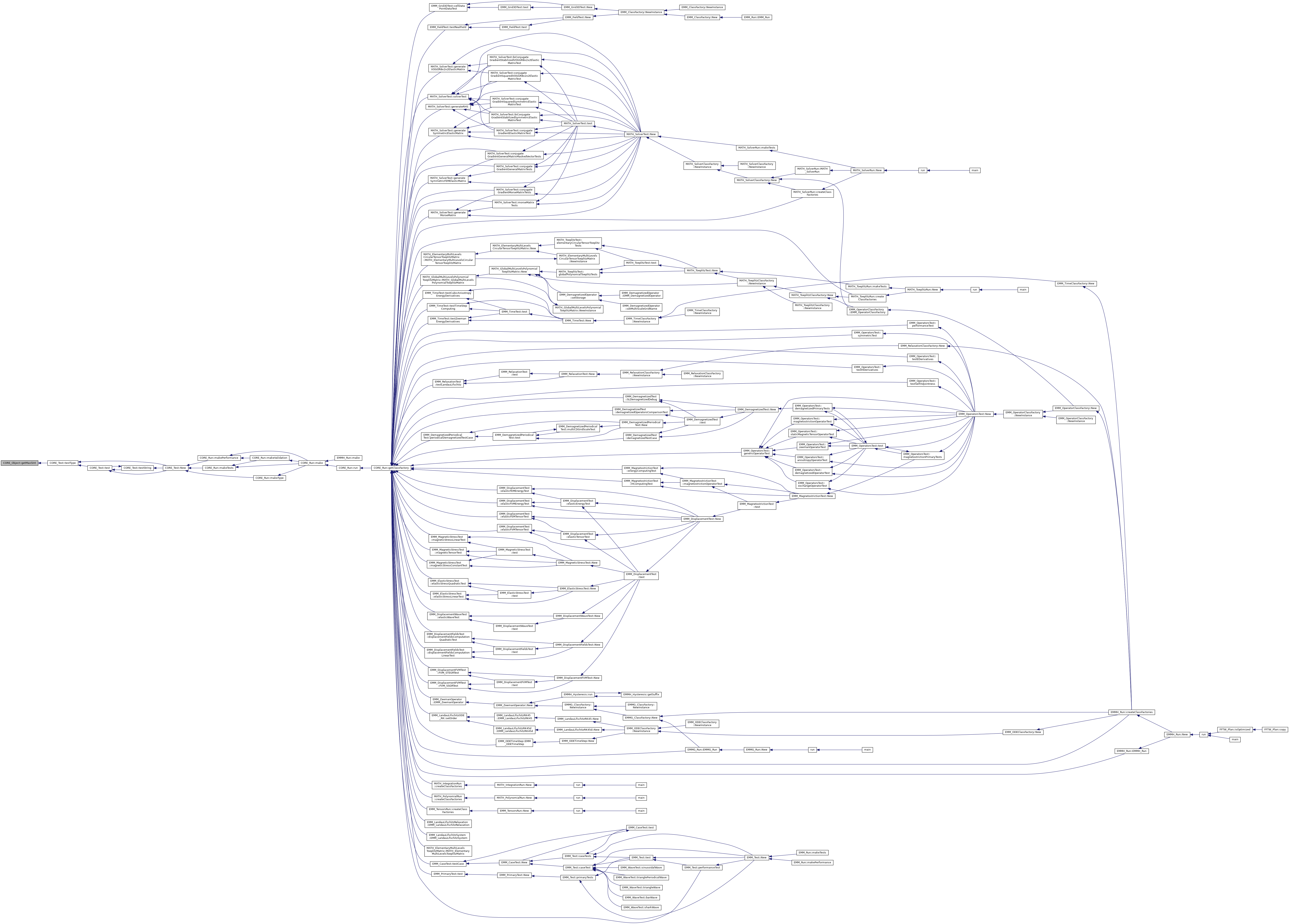
◆ getMaxUChar()
|
inlinestaticinherited |
get the max value for tUChar type
- Returns
- the max value for tUChar type
Referenced by CORE_Test::testType().
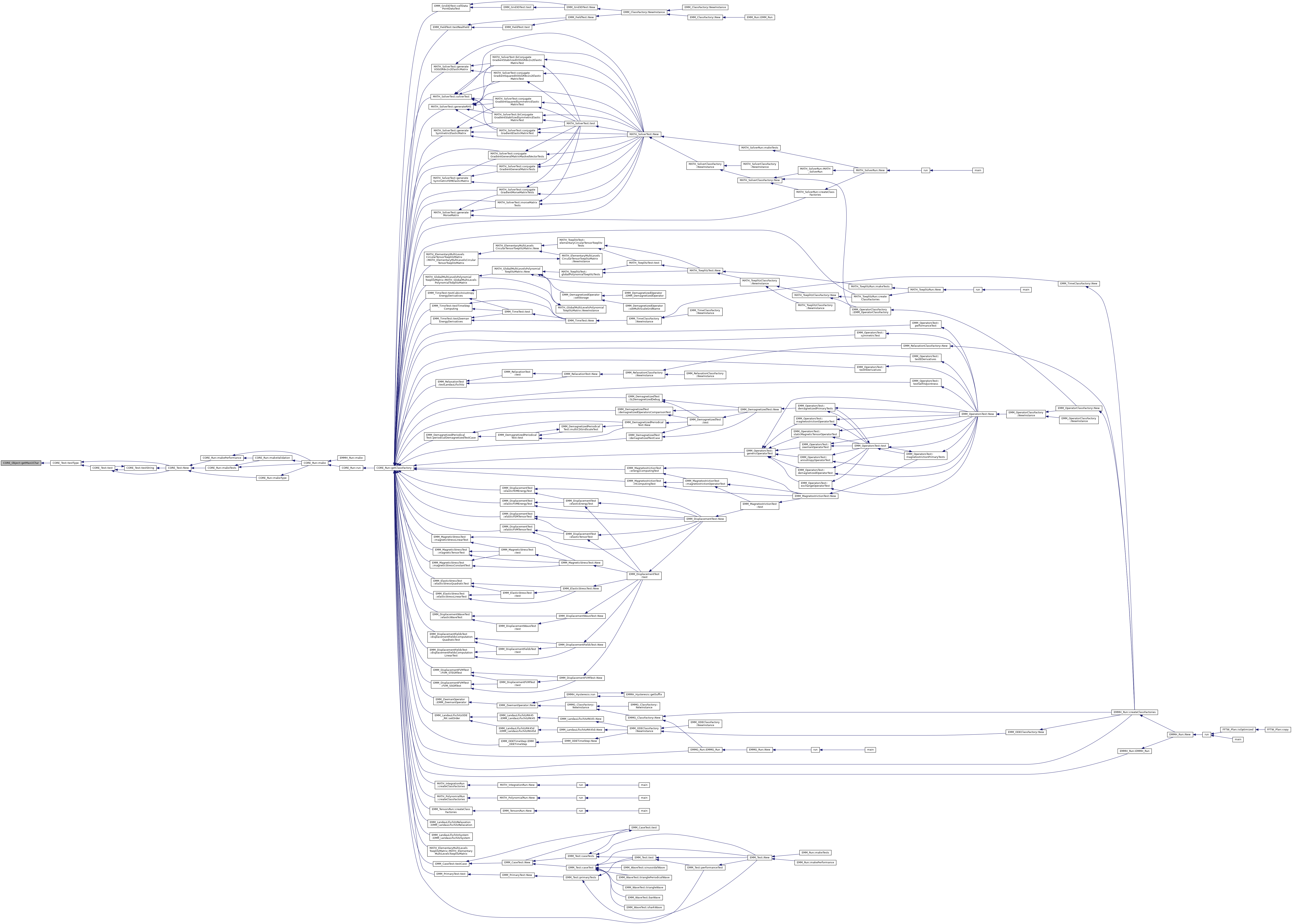
◆ getMaxUIndex()
|
inlinestaticinherited |
get the max value for difference the array/vector indexing type
- Returns
- the max value for difference the array/vector indexing type
Referenced by CORE_Vector< T >::addAfterIndices(), CORE_Vector< T >::search(), CORE_Test::testType(), CORE_Integer::toHexString(), and CORE_Integer::toString().
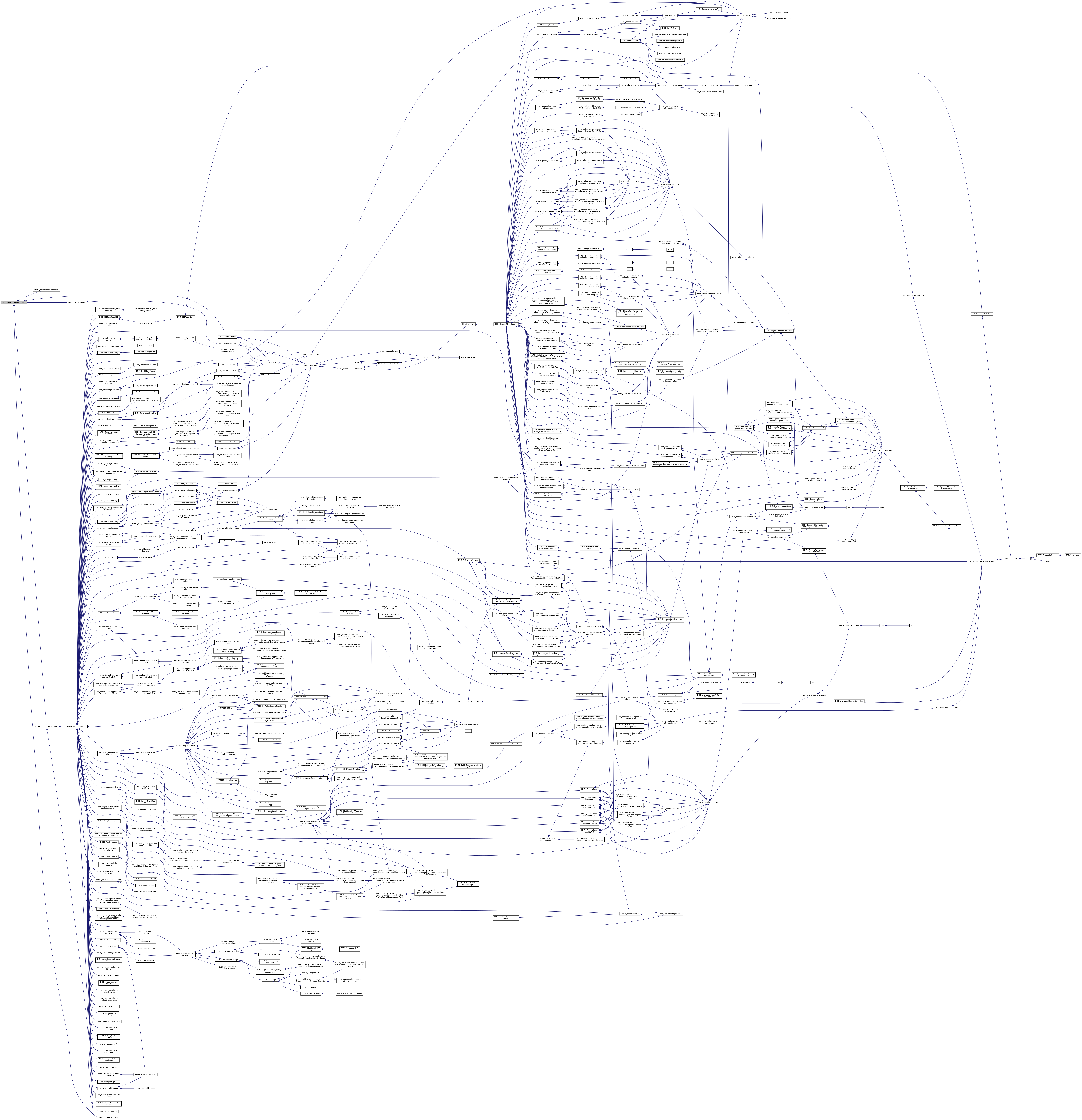
◆ getMaxUInt()
|
inlinestaticinherited |
get the max value for tUInt type
- Returns
- the max value for tUInt type
Referenced by EMM_Array< tCellFlag >::loadFromFile(), EMM_RealField::loadFromFile(), and CORE_Test::testType().

◆ getMaxUInteger()
|
inlinestaticinherited |
get the max value for the unsigned integer type
- Returns
- the max value for the unsigned integer type
Referenced by MATH_Pn::computeExtrenums(), EMM_MultiScaleGrid::computeLevelsNumber(), EMM_Input::restoreBackup(), MATH_P0::solve(), and CORE_Test::testType().

◆ getMaxULInt()
|
inlinestaticinherited |
get the max value for tULInt type
- Returns
- the max value for tULInt type
Referenced by CORE_Test::testType().
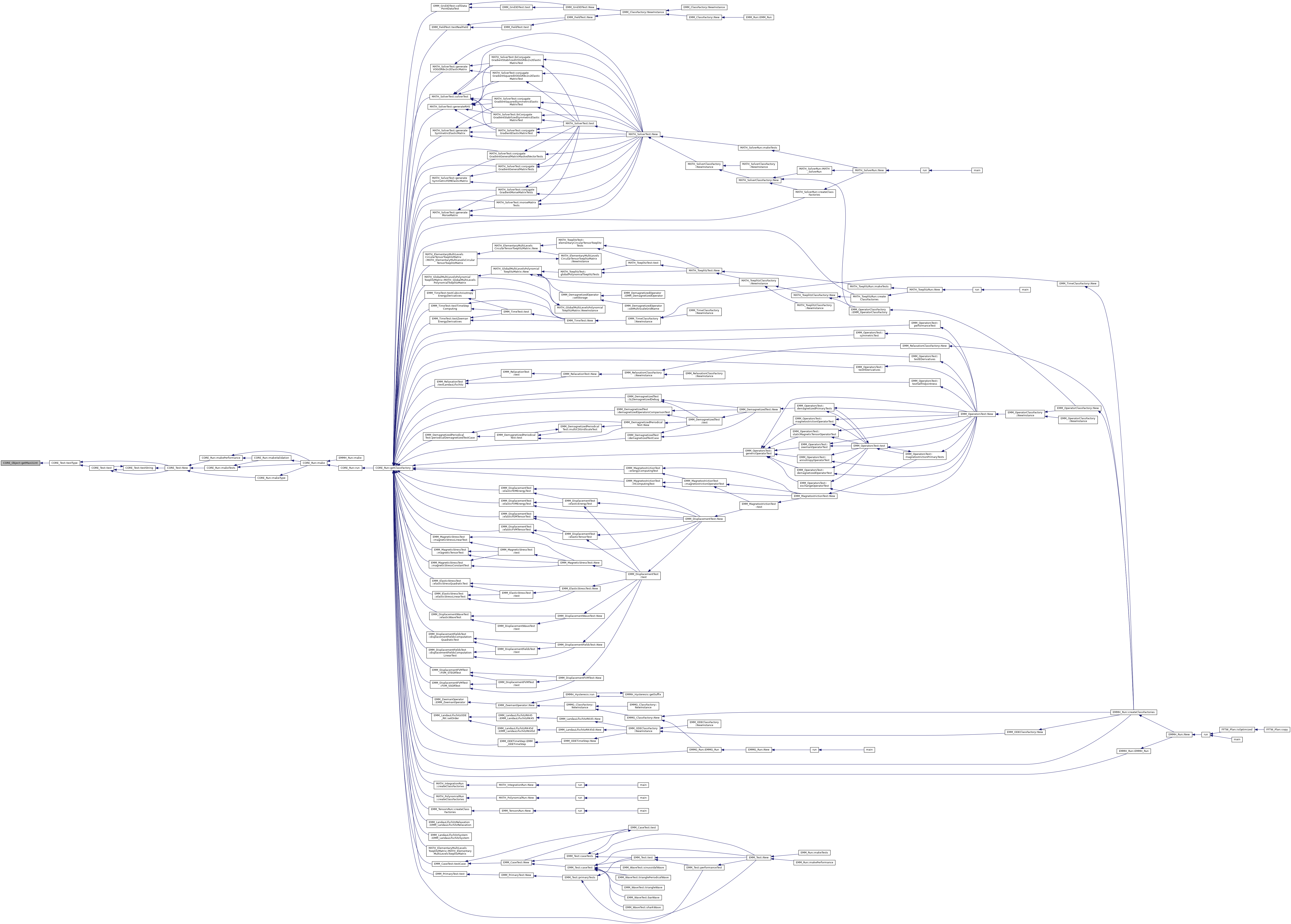
◆ getMaxULLInt()
|
inlinestaticinherited |
get the max value for tULLInt type
- Returns
- the max value for tULLInt type
Referenced by CORE_Test::testType().
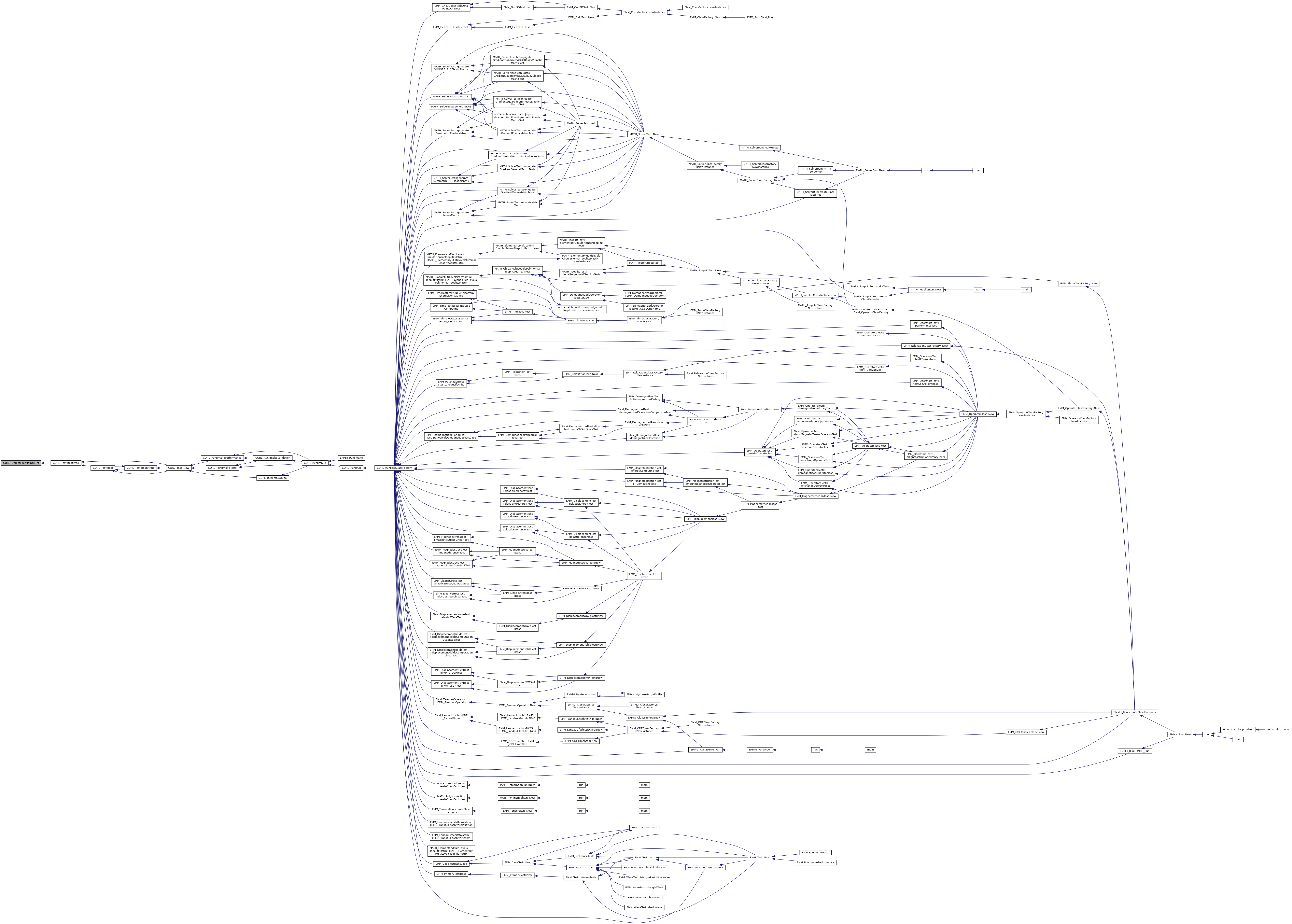
◆ getMaxUSInt()
|
inlinestaticinherited |
get the max value for tUSInt type
- Returns
- the max value for tUSInt type
Referenced by CORE_Test::testType().

◆ getMinChar()
|
inlinestaticinherited |
get the min value for tChar type
- Returns
- the min value for tChar type
Referenced by CORE_Test::testType().
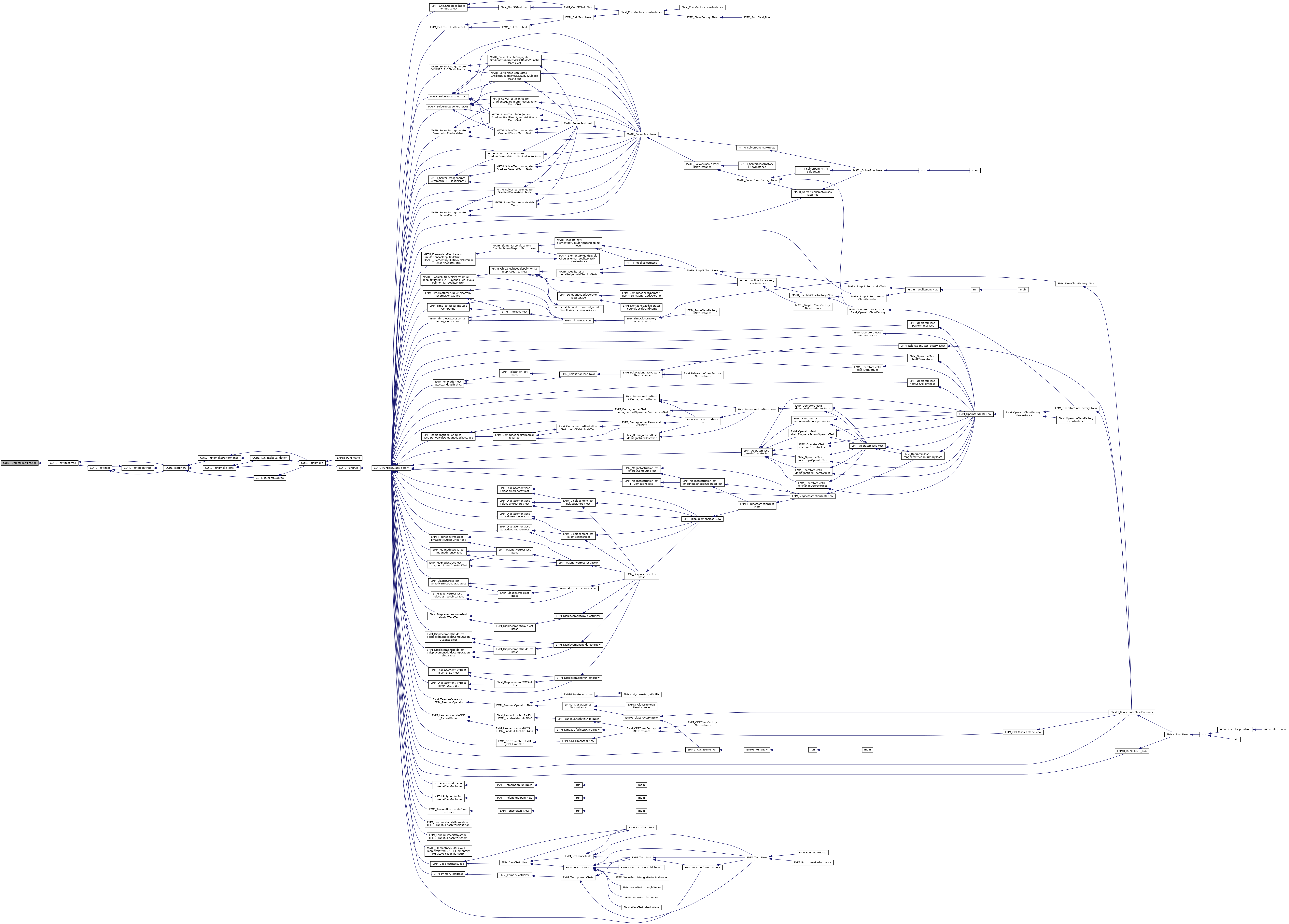
◆ getMinDouble()
|
inlinestaticinherited |
get the min value for tDouble type
- Returns
- the min value for tDouble type
Referenced by CORE_Test::testType().

◆ getMinFlag()
|
inlinestaticinherited |
get the min value for the tFlag type
- Returns
- the min value for the tFlag type
Referenced by CORE_Test::testType().
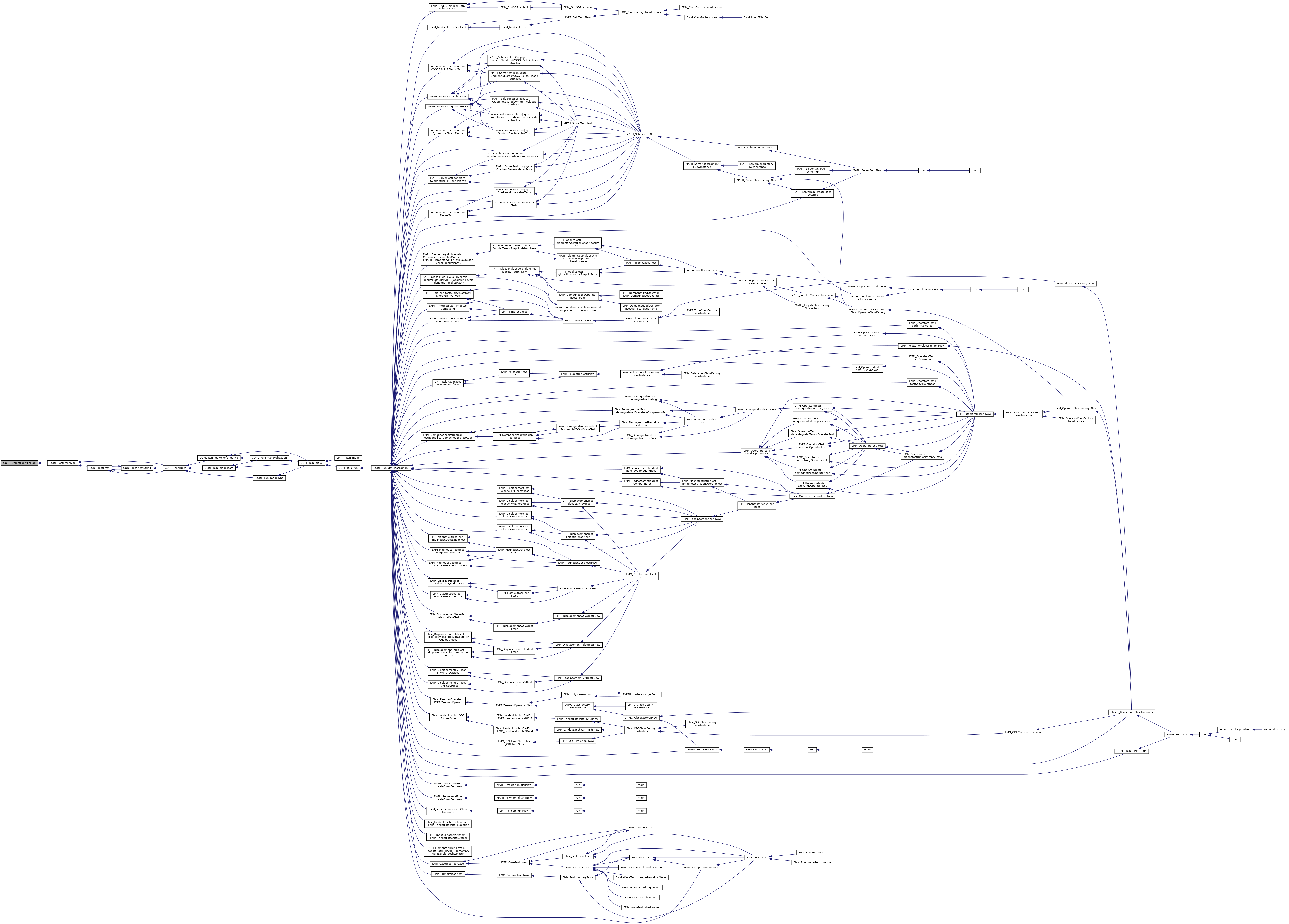
◆ getMinFloat()
|
inlinestaticinherited |
get the min value for tFloat type
- Returns
- the min value for tFloat type
Referenced by CORE_Test::testType().
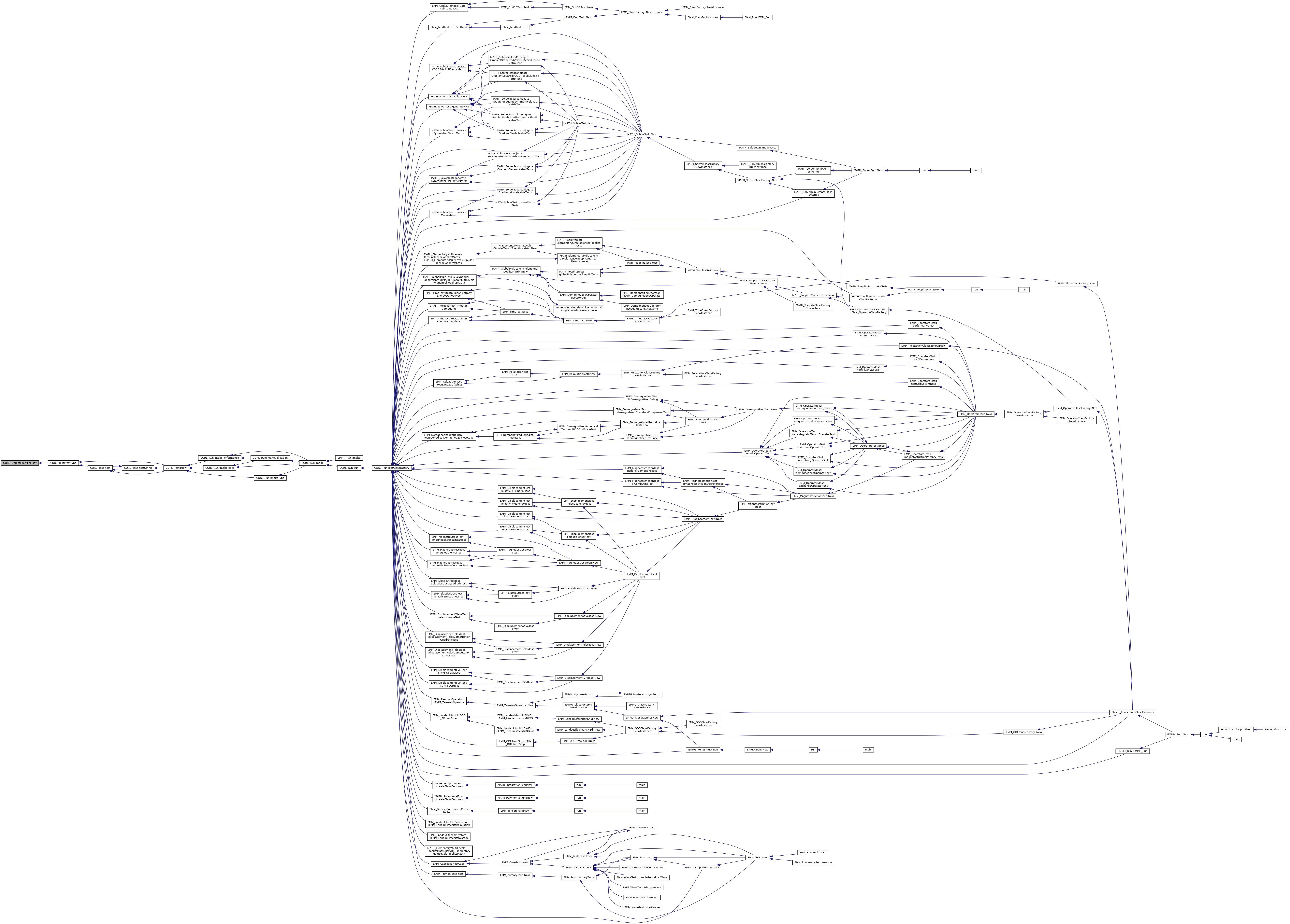
◆ getMinIndex()
|
inlinestaticinherited |
get the min value for the array/vector indexing type
- Returns
- the min value for the array/vector indexing type
Referenced by CORE_Test::testType().
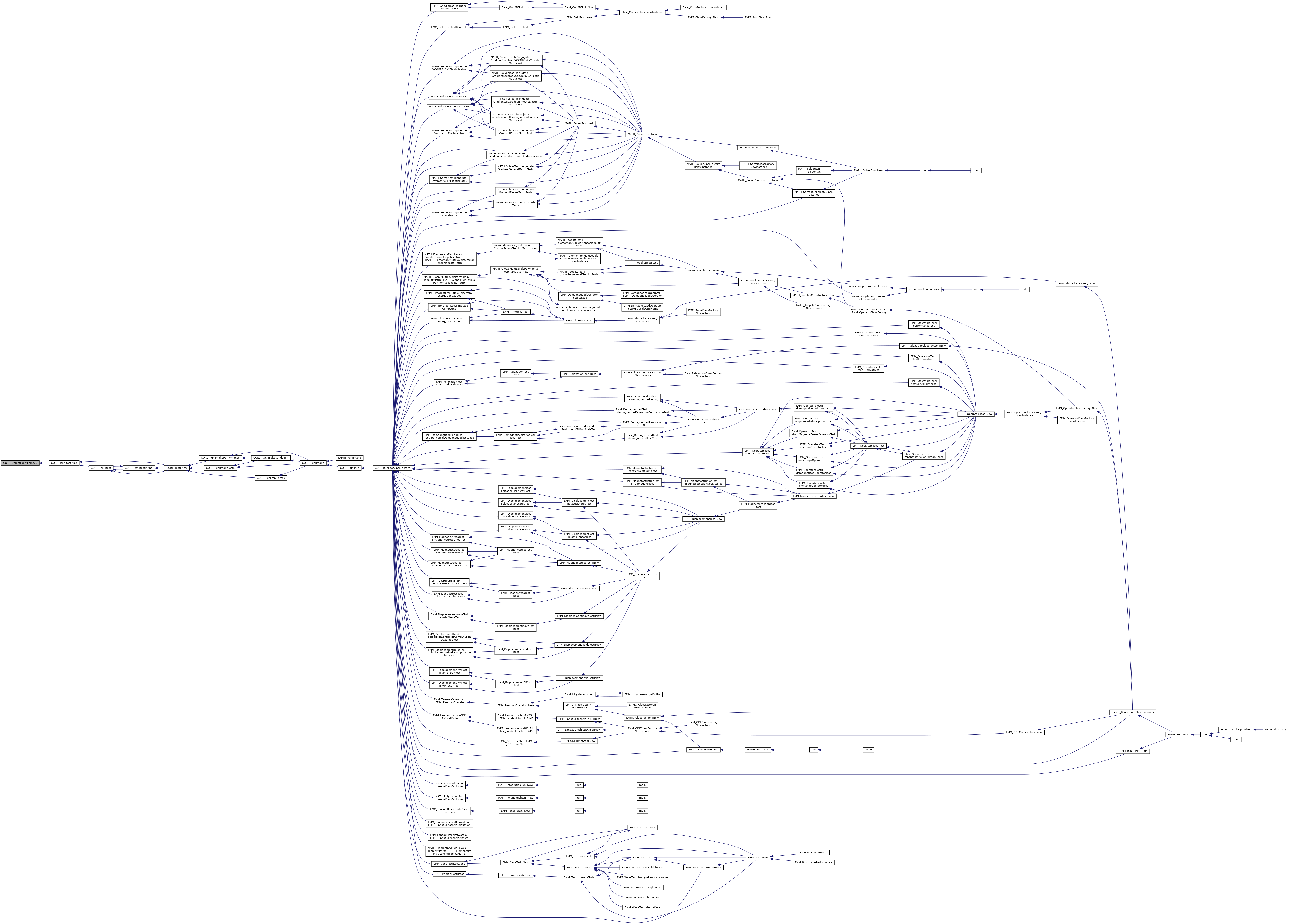
◆ getMinInt()
|
inlinestaticinherited |
get the min value for tInt type
- Returns
- the min value for tInt type
Referenced by CORE_Test::testType().
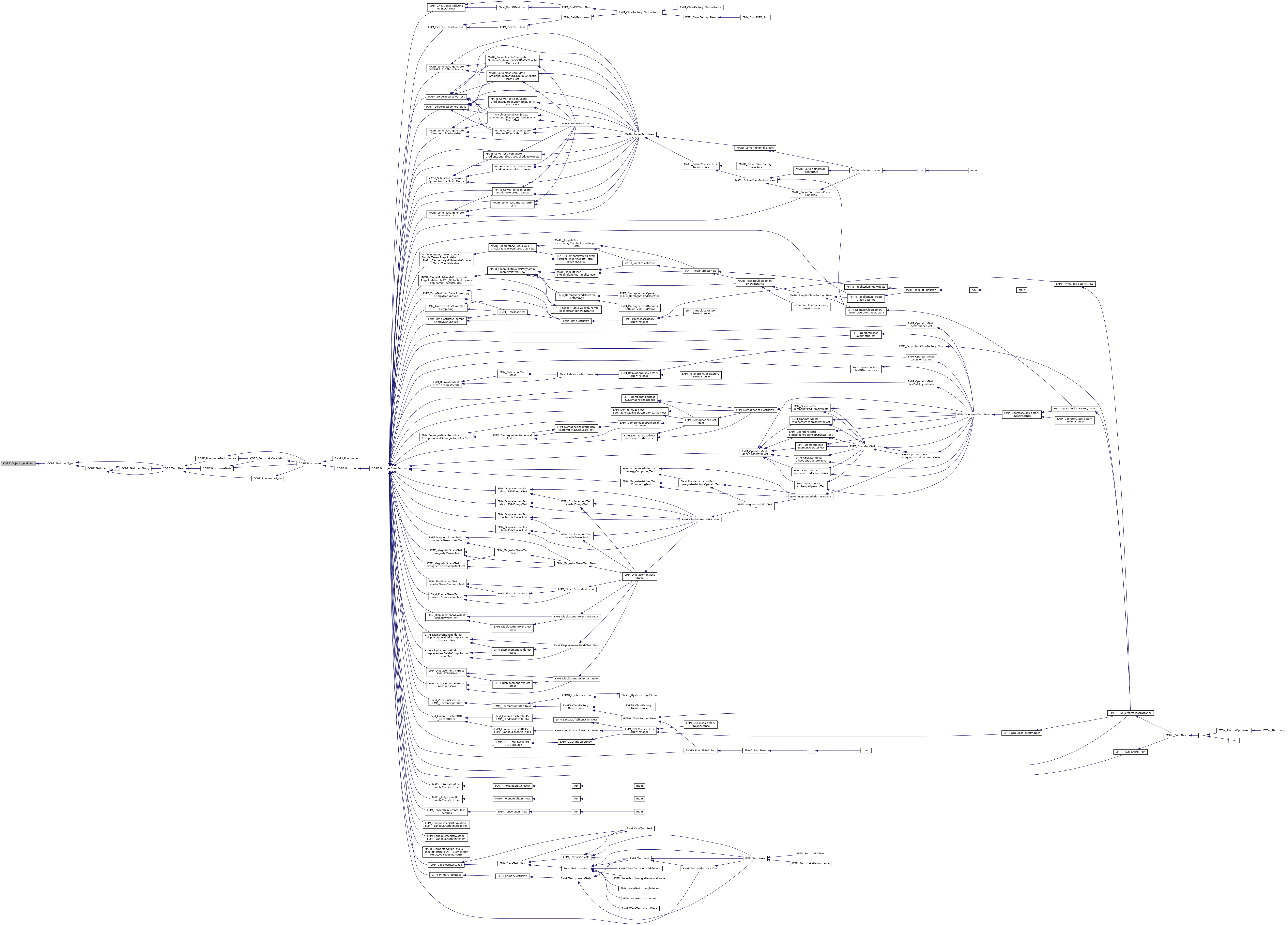
◆ getMinInteger()
|
inlinestaticinherited |
get the min value for the integer type
- Returns
- the minin value for the integer type
Referenced by CORE_Test::testType().

◆ getMinLDouble()
|
inlinestaticinherited |
get the min value for tLDouble type
- Returns
- the min value for tLDouble type
Referenced by CORE_Test::testType().

◆ getMinLInt()
|
inlinestaticinherited |
get the min value for tLInt type
- Returns
- the min value for tLInt type
Referenced by CORE_Test::testType().
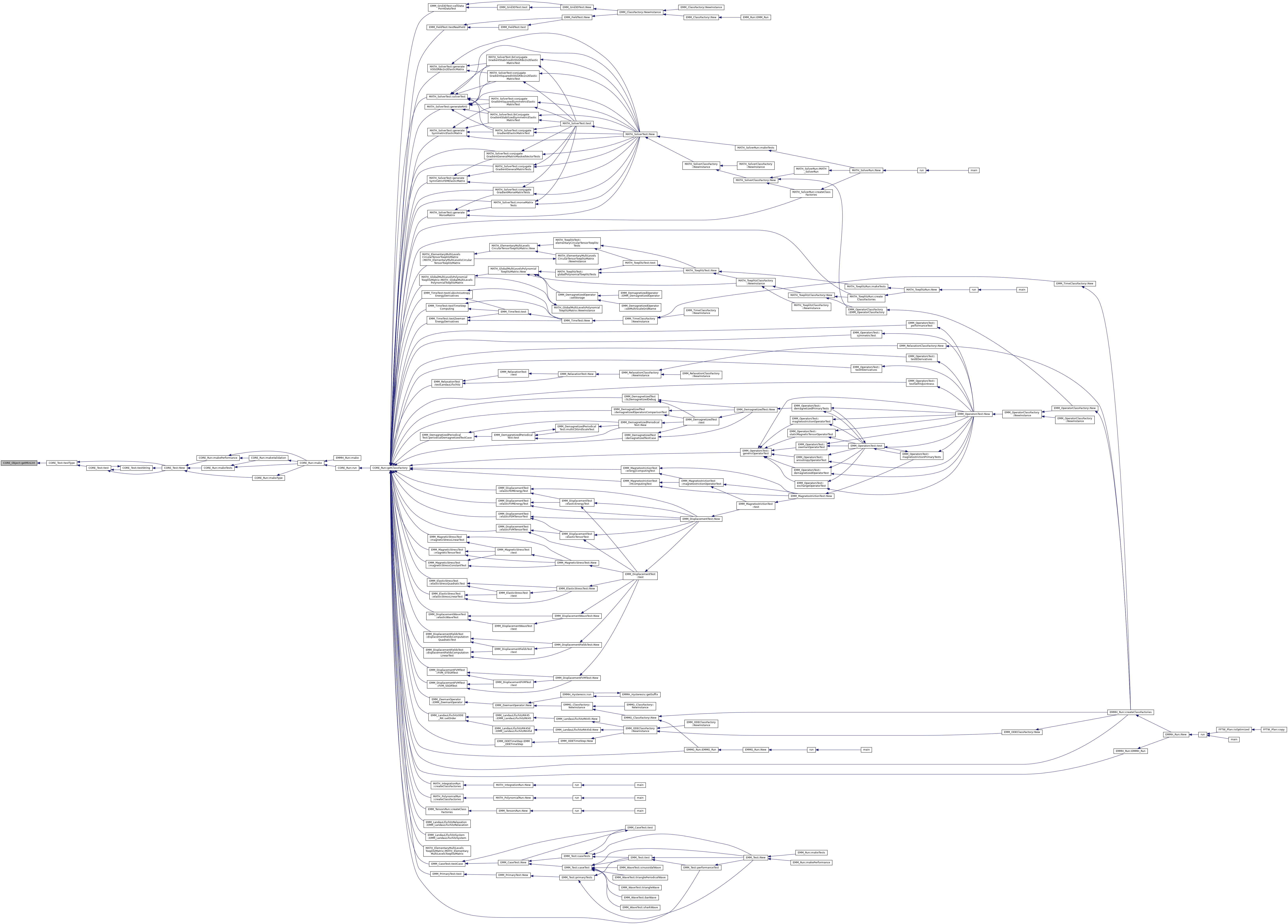
◆ getMinLLInt()
|
inlinestaticinherited |
get the min value for tLLInt type
- Returns
- the min value for tLLInt type
Referenced by CORE_Test::testType().

◆ getMinReal()
|
inlinestaticinherited |
get the min value for the real type
- Returns
- the min value for the real type
Referenced by CORE_Test::testType().
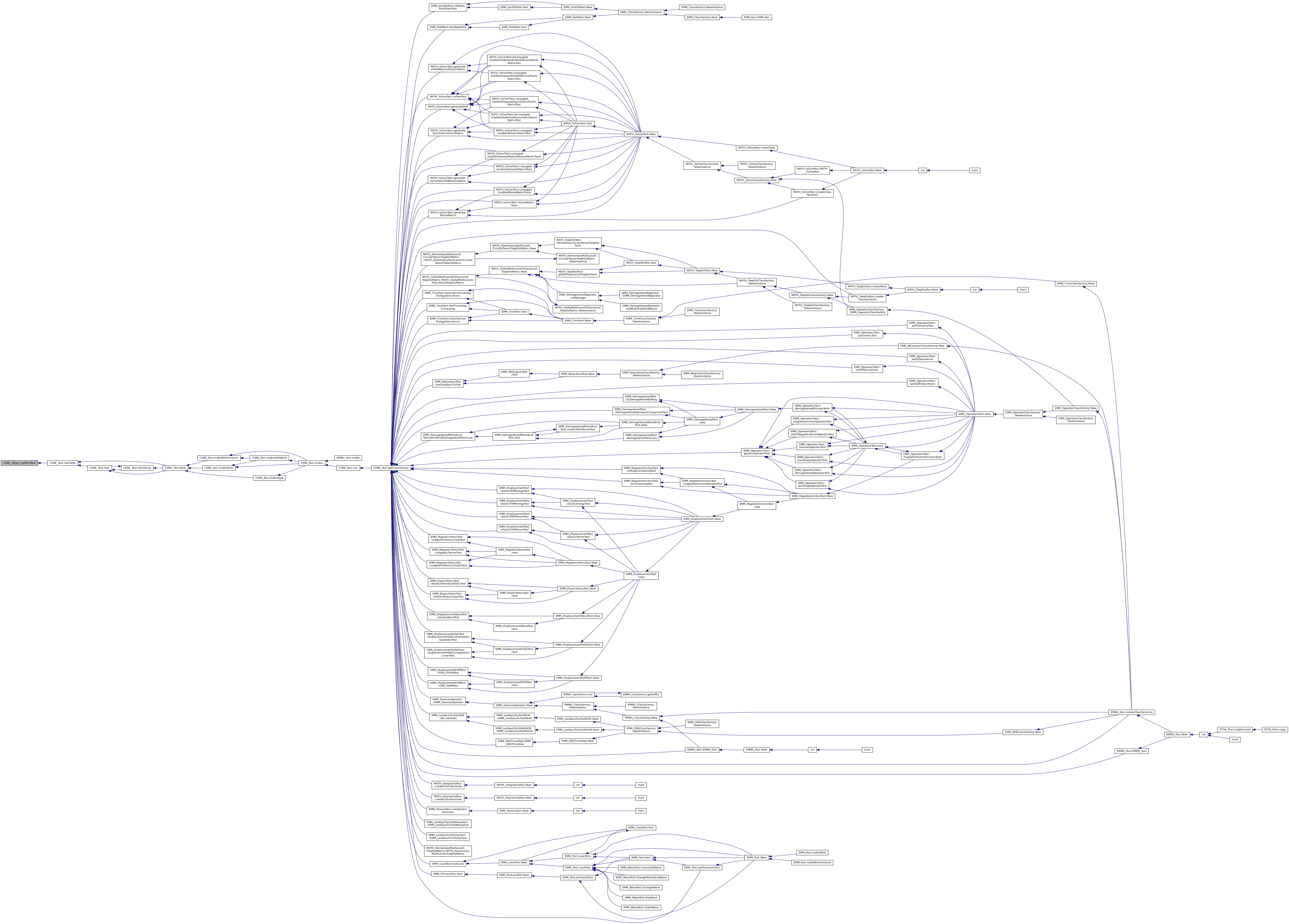
◆ getMinSInt()
|
inlinestaticinherited |
get the min value for tSInt type
- Returns
- the min value for tSInt type
Referenced by CORE_Test::testType().
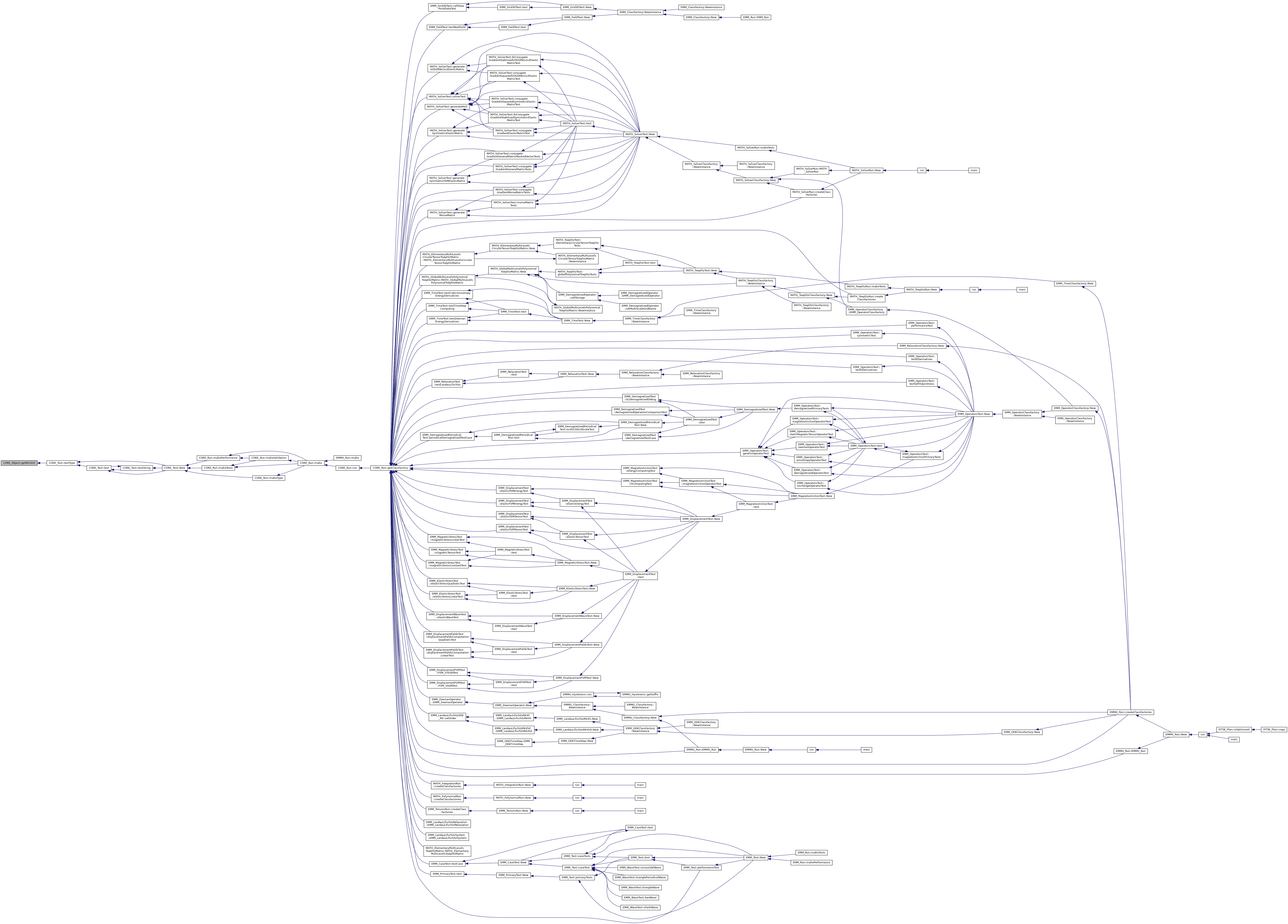
◆ getMinUChar()
|
inlinestaticinherited |
get the min value for tUChar type
- Returns
- the min value for tUChar type
Referenced by CORE_Test::testType().
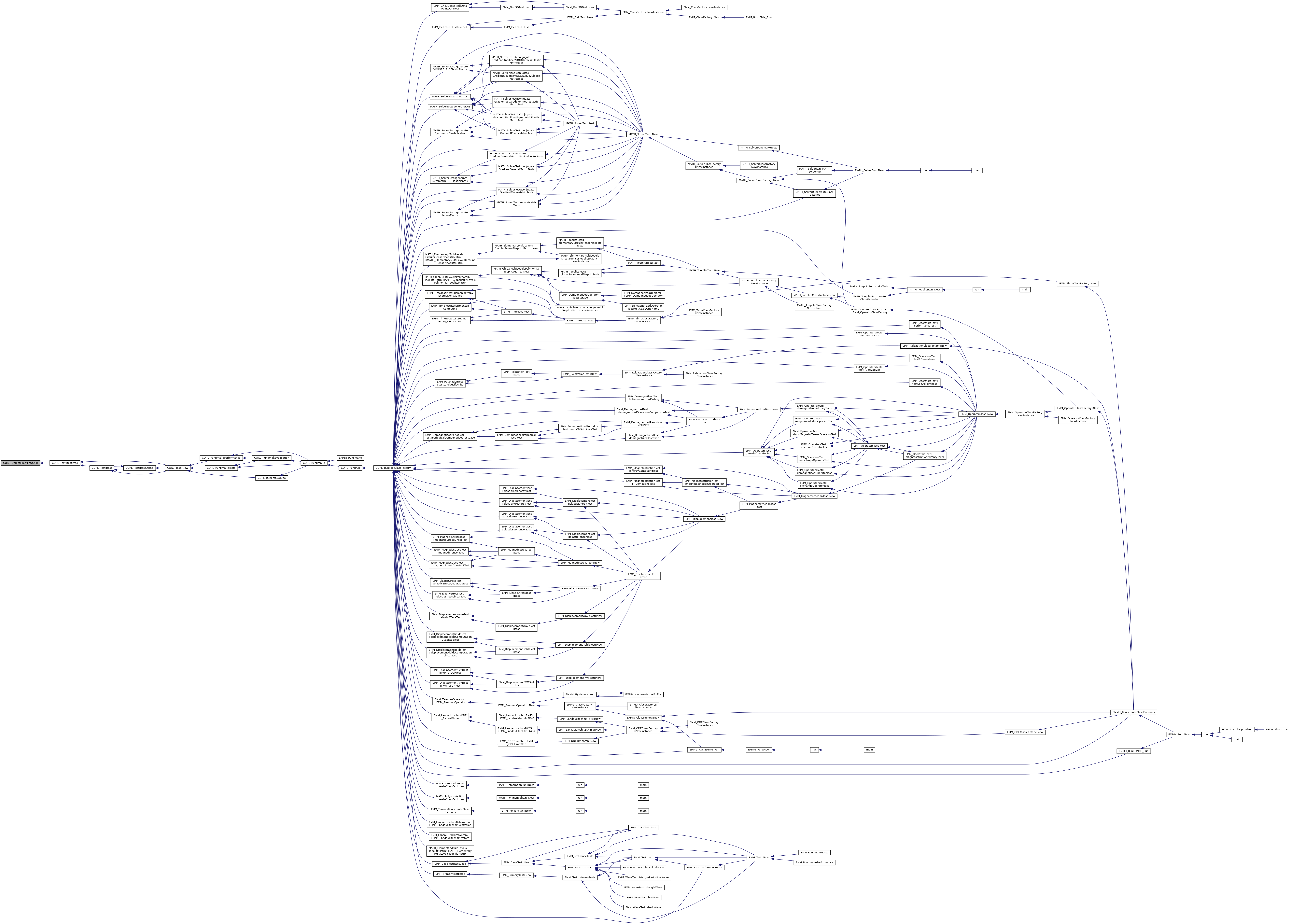
◆ getMinUIndex()
|
inlinestaticinherited |
get the min value for difference the array/vector indexing type
- Returns
- the min value for difference the array/vector indexing type
Referenced by CORE_Test::testType().
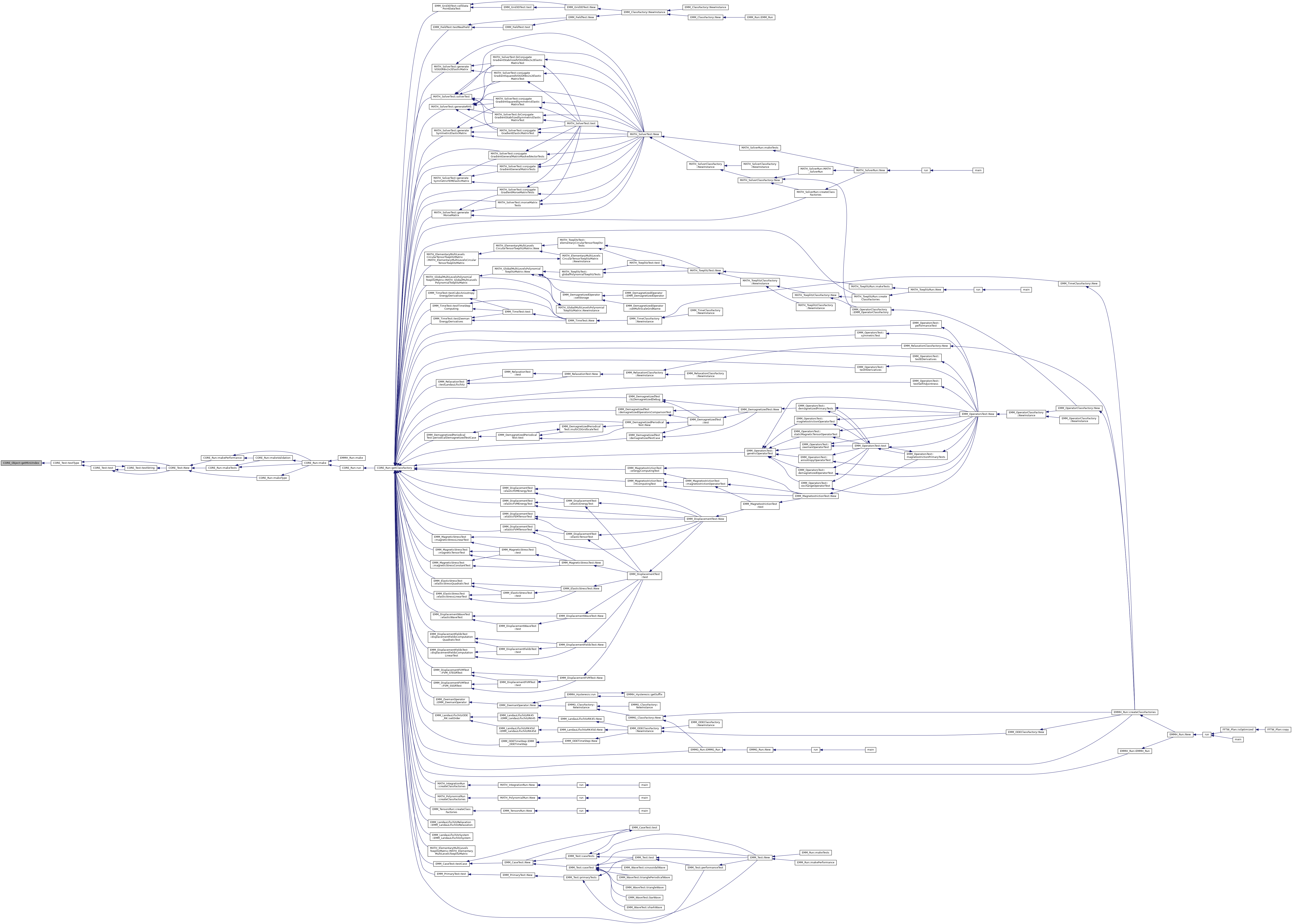
◆ getMinUInt()
|
inlinestaticinherited |
get the min value for tUInt type
- Returns
- the min value for tUInt type
Referenced by CORE_Test::testType().
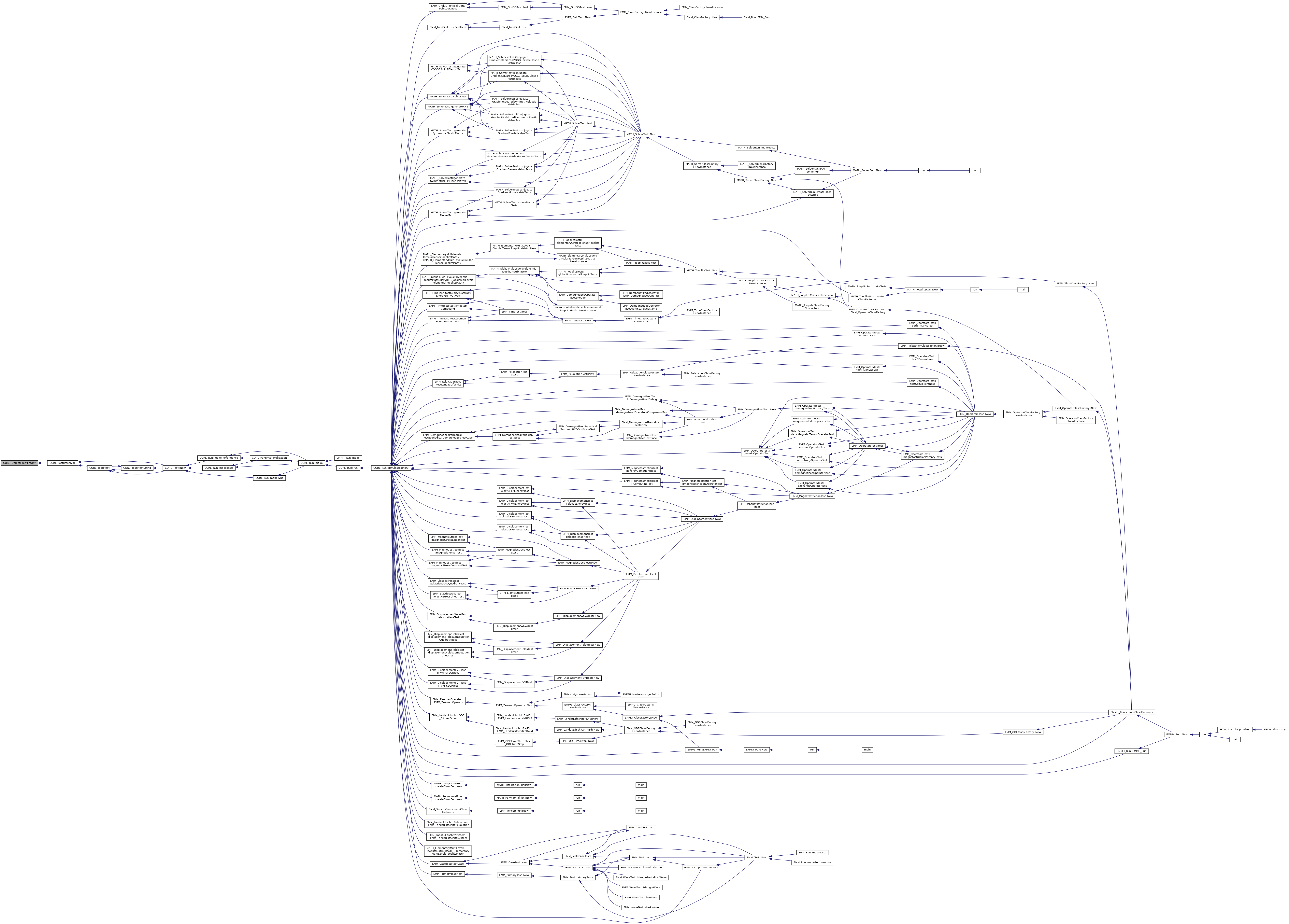
◆ getMinUInteger()
|
inlinestaticinherited |
get the min value for the unsigned integer type
- Returns
- the min value for the unsigned integer type
Referenced by CORE_Test::testType().

◆ getMinULInt()
|
inlinestaticinherited |
get the min value for tULInt type
- Returns
- the min value for tULInt type
Referenced by CORE_Test::testType().

◆ getMinULLInt()
|
inlinestaticinherited |
get the min value for tULLInt type
- Returns
- the min value for tULLInt type
Referenced by CORE_Test::testType().
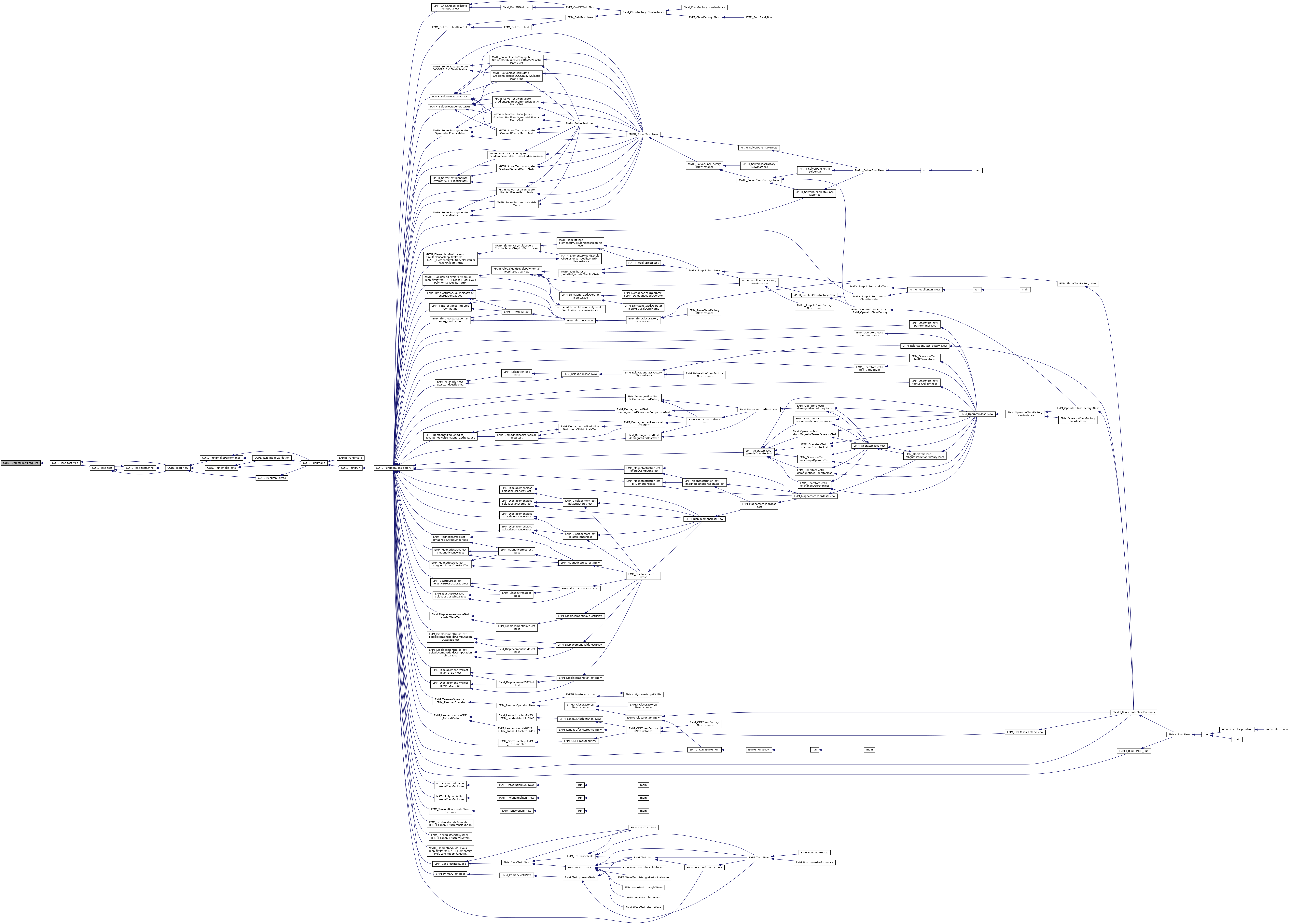
◆ getMinUSInt()
|
inlinestaticinherited |
get the min value for tUSInt type
- Returns
- the min value for tUSInt type
Referenced by CORE_Test::testType().
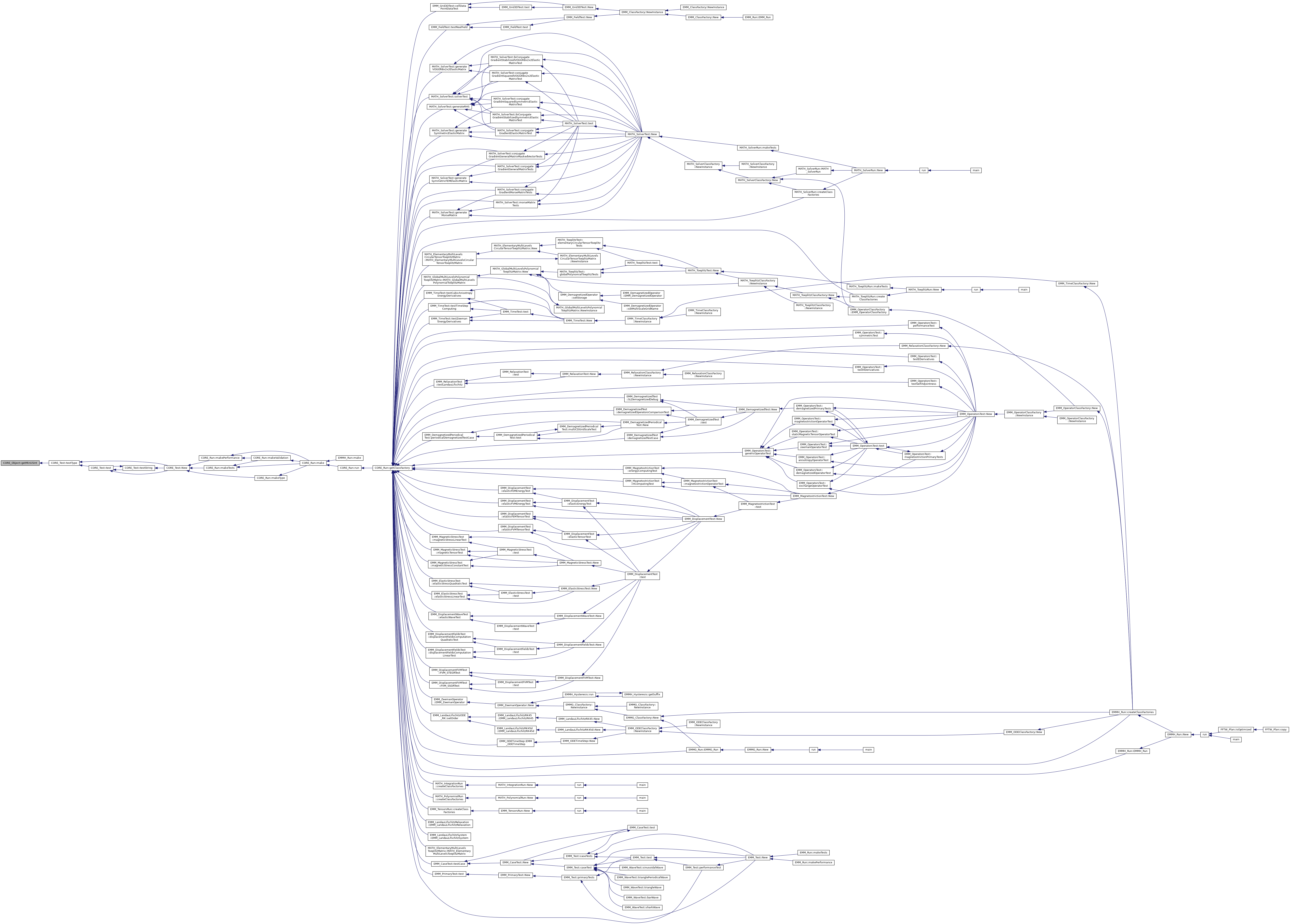
◆ getOut()
|
inlinestaticinherited |
◆ getPointerAddress()
|
inlineinherited |
return the identity string of the object
- Returns
- the identity string of the object
References CORE_Object::pointer2String().

◆ getRealEpsilon()
|
inlinestaticinherited |
get the eps which is the difference between 1 and the least value greater than 1 that is representable.
- Returns
- the eps which is the difference between 1 and the least value greater than 1 that is representable.
Referenced by MATH_P4::solveP4De(), and CORE_Test::testType().
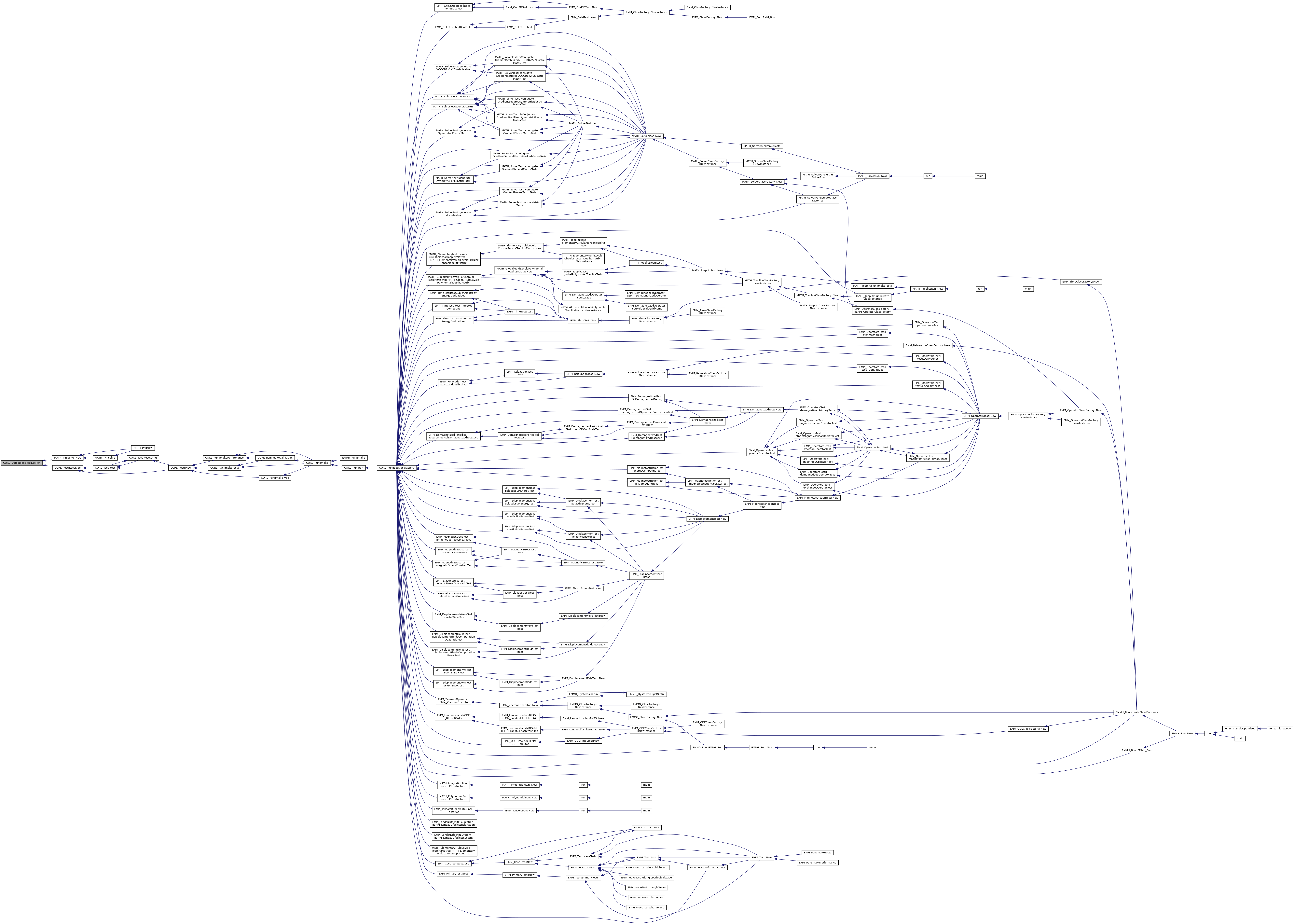
◆ getRealInfinity()
|
inlinestaticinherited |
get the infinity value
- Returns
- the inifinity value for the real type
Referenced by BrentFunction::BrentFunction(), EMM_OperatorsTest::compareDiscretizedData(), EMM_IterativeTimeStep::EMM_IterativeTimeStep(), EMM_SLElementaryDemagnetizedMatrix::Kxy(), NRFunction::NRFunction(), EMM_PolynomialInterpolationTimeStep::optimizeTimeFunction(), and CORE_Test::testType().
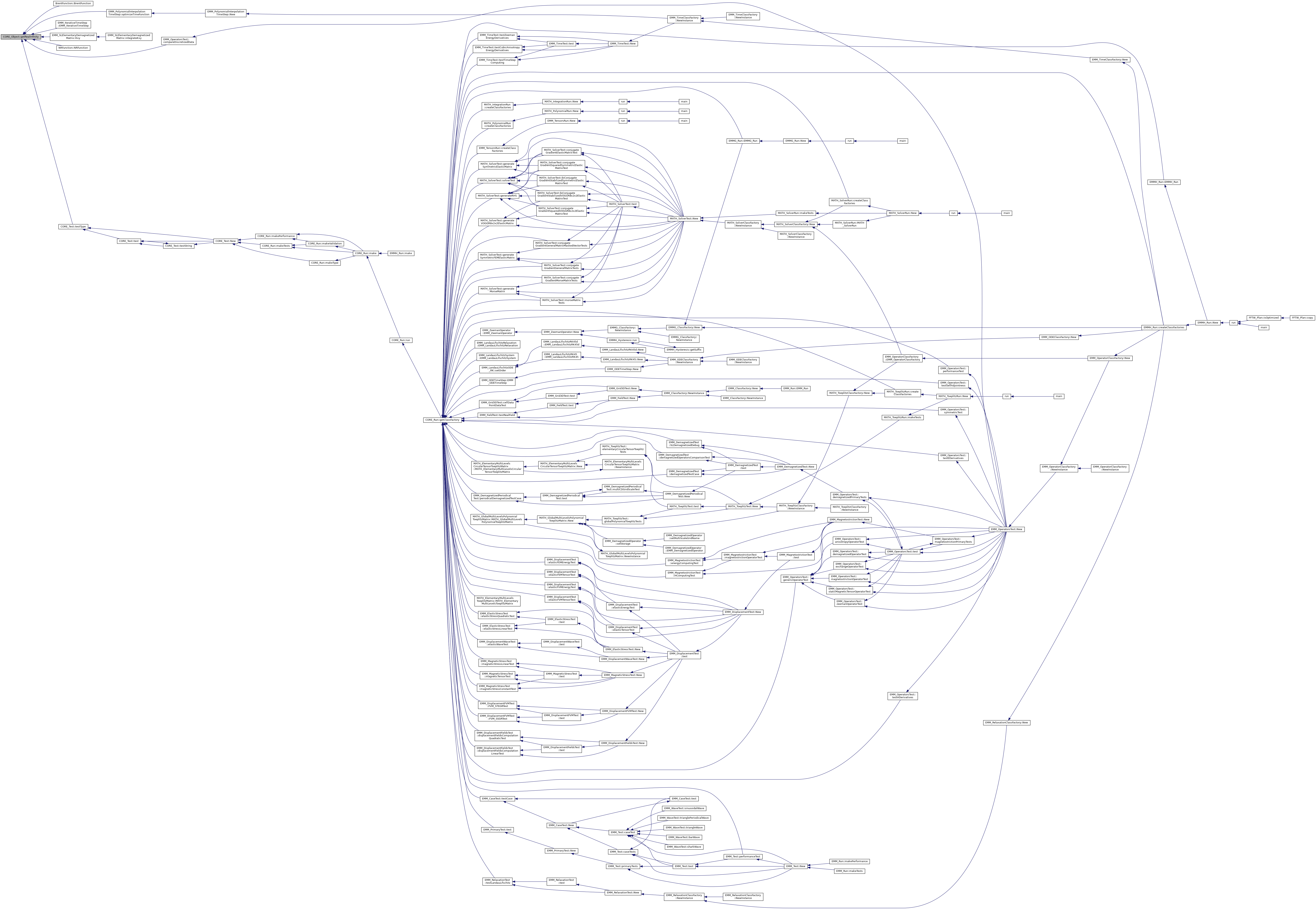
◆ getSharedPointer() [1/4]
|
inlineinherited |
get the shared pointer of this class into p
- Parameters
-
p : shared pointer of the class This
Referenced by CORE_Map< Key, Value >::getSharedPointer(), CORE_ArrayList< tString >::getSharedPointer(), EMM_Array< tCellFlag >::getSharedPointer(), CORE_Array< tCellFlag >::getSharedPointer(), CORE_MorseArray< tUChar >::getSharedPointer(), CORE_Vector< T >::getSharedPointer(), and CORE_Object::printObjectsInMemory().
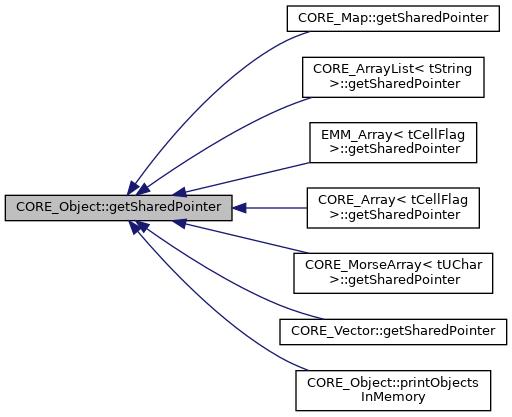
◆ getSharedPointer() [2/4]
|
inlineinherited |
get the shared pointer of this class into p
- Parameters
-
p : shared pointer of the class This
◆ getSharedPointer() [3/4]
|
inline |
get the shared pointer into P
- Parameters
-
p create a shared pointer of a vector
References CORE_Object::getSharedPointer().

◆ getSharedPointer() [4/4]
|
inline |
get the shared pointer into P
- Parameters
-
p create a shared pointer of a const vector
References CORE_Object::getSharedPointer().

◆ getSize()
|
inline |
return the size of the vector
- Returns
- the size of the vector
Referenced by CORE_Vector< T >::add(), CORE_Vector< T >::addAfterIndices(), CORE_Vector< T >::append(), CORE_Vector< T >::copy(), CORE_Vector< T >::crossProduct(), CORE_Vector< T >::distance2(), CORE_IO::getFiles(), CORE_IO::getPaths(), CORE_Vector< T >::insert(), CORE_Vector< T >::insertInIncreasingOrder(), CORE_Vector< T >::removeAtIndex(), CORE_Vector< T >::scalarProduct(), CORE_Array2D< T >::setRowValue(), CORE_Vector< T >::sub(), and CORE_IOTest::testListFiles().
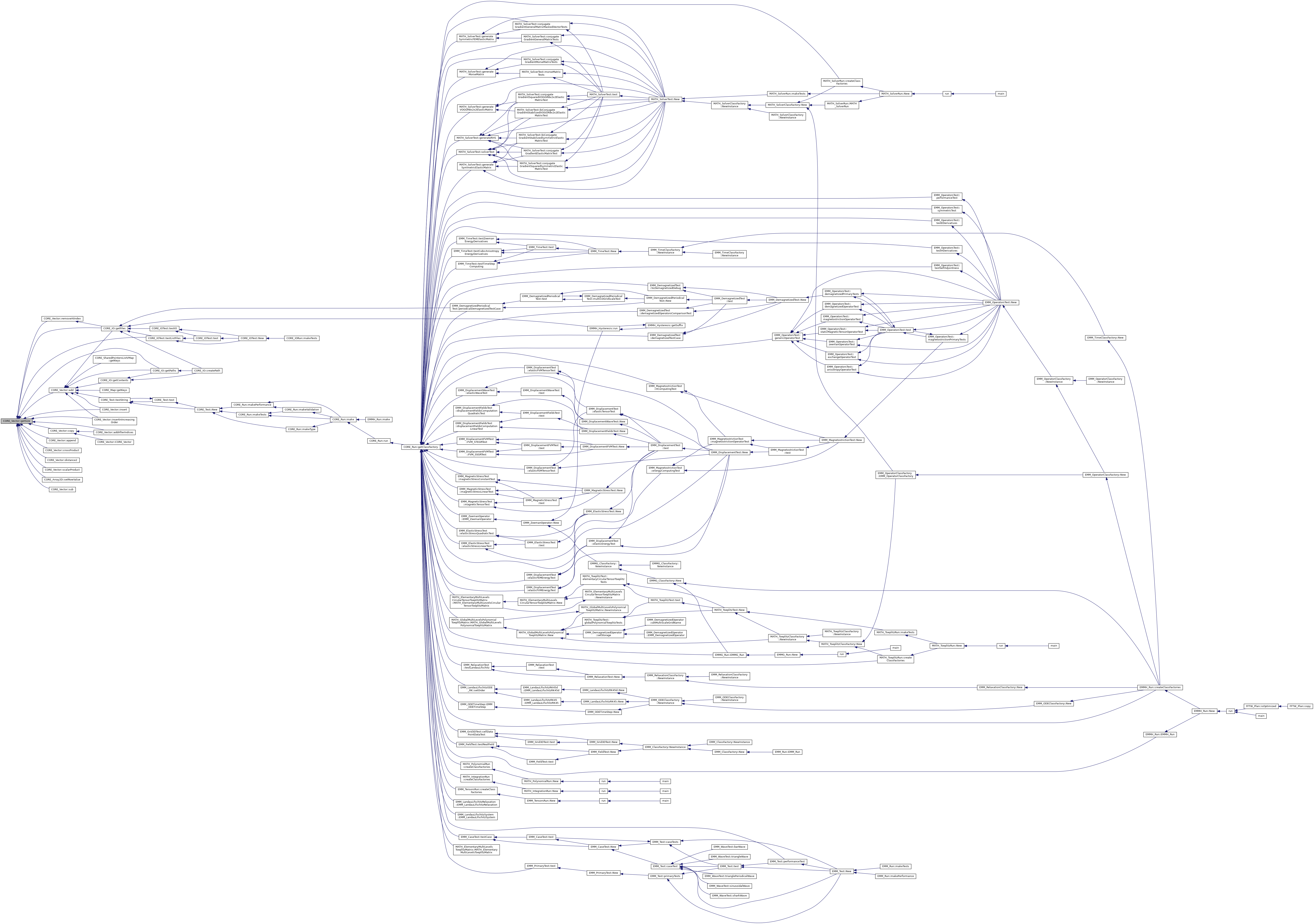
◆ getThis() [1/2]
|
inlineprivate |
get the shared pointer This
- Returns
- the shared pointer associated to This
◆ getThis() [2/2]
|
inlineprivate |
get the shared pointer This
- Returns
- the shared pointer associated to const This
◆ getThread()
|
inlinestaticinherited |
get the profilier
- Returns
- the profiler
Referenced by MATH_MaskVector::add(), MATH_Vector::add(), EMM_DisplacementFEMOperator::addBoundaryElasticStress(), EMM_DisplacementFEMOperator::buildDataOnNeumannBoundaryFaces(), EMM_DisplacementFVMOperator::computeCineticEnergy(), EMM_DisplacementFVMOperator::computeElasticStress(), EMM_DisplacementFEMOperator::computeElasticStress(), EMM_DisplacementFVMOperator::computeElasticTensor(), EMM_DisplacementFEMOperator::computeElasticTensor(), EMM_StaticMagneticTensorOperator::computeEnergy(), EMM_CubicAnisotropyOperator::computeEnergy(), EMM_MagnetostrictionOperator::computeEnergy(), EMM_DisplacementOperator::computeEnergy(), EMM_AnisotropyOperator::computeEnergyWithMagneticExcitation(), EMM_DisplacementFVMOperator::computeEquilibriumMatrixDiagonalConditioner(), EMM_DisplacementFEMOperator::computeEquilibriumMatrixDiagonalConditioner(), EMM_FullExchangeOperator::computeMagneticExcitationField(), EMM_StaticMagnetostrictionOperator::computeMagneticExcitationField(), EMM_LinearAnisotropyOperator::computeMagneticExcitationField(), EMM_StaticMagneticTensorOperator::computeMagneticExcitationField(), EMM_CubicAnisotropyOperator::computeMagneticExcitationField(), EMM_MinimalExchangeOperator::computeMagneticExcitationField(), EMM_AnisotropyOperator::computeMagneticExcitationField(), EMM_MagnetostrictionOperator::computeMagneticExcitationField(), EMM_CubicAnisotropyOperator::computeMagneticExcitationFieldGradient(), EMM_AnisotropyOperator::computeMagneticExcitationFieldGradient(), EMM_DisplacementFVMOperator::computeMagneticStress(), EMM_DisplacementFEMOperator::computeMagneticStress(), EMM_OptimalTimeStep::computeOptimalTimeStep(), EMM_DisplacementFEMOperator::computeStressConstraintEnergy(), EMM_FullExchangeOperator::discretize(), EMM_MinimalExchangeOperator::discretize(), EMM_CondensedMassMatrix::discretize(), EMM_LinearAnisotropyOperator::discretize(), EMM_AnisotropyOperator::discretize(), EMM_DemagnetizedOperator::discretize(), EMMG_SLDemagnetizedOperator::discretize(), EMM_LandauLifschitzSystem::discretize(), MATH_Vector::divide(), MATH_MaskVector::dot(), MATH_Vector::dot(), EMM_4SymmetricTensors::doubleDot(), EMM_4Tensors::doubleDotCrossDoubleDotScalar(), EMM_4Tensors::doubleDotCrossProduct(), EMM_4Tensors::doubleDotCrossSquaredScalar(), EMM_4Tensors::doubleDotProduct(), MATH_Vector::init(), MATH_MaskVector::init(), EMM_LandauLifschitzODE_RK::integrateMagnetizationFieldAtTime(), EMM_DisplacementFVM_Interpolator::interpolateUAtVertices(), EMMG_SLDemagnetizedOperator::localAssembly(), EMM_DisplacementOperator::nullProjectionOnDirichletBoundary(), EMM_DisplacementOperator::periodicProjection(), EMM_2PackedSymmetricTensors::product(), EMM_CanonicalMassMatrix::product(), MATH_FullMatrix::product(), EMM_CondensedMassMatrix::product(), EMM_BlockMassMatrix::product(), MATH_MorseMatrix::product(), EMMG_SLDemagnetizedOperator::product(), EMM_DisplacementOperator::projectionOnDirichletBoundary(), EMM_LandauLifschitzSystem::resetOperatorsToInitialState(), EMM_DisplacementFVMOperator::setBoundaryFaceTypes(), FFTW_MultiDFTs::setFFT(), FFTW_MultiLevelsDFT::setFFT(), FFTW_MultiLevelsDFT::setLevels(), FFTW_MultiDFTs::setPlan(), FFTW_MultiLevelsDFT::setPlan(), EMM_CondensedMassMatrix::solve(), EMM_LandauLifschitzODE::solveODE(), EMM_4SymmetricTensors::squaredDoubleDot(), EMM_4Tensors::squaredDoubleDotCrossScalar(), EMM_4Tensors::squaredDoubleDotScalar(), EMM_CanonicalMassMatrix::symmetricDot(), EMM_CondensedMassMatrix::symmetricDot(), EMM_BlockMassMatrix::symmetricDot(), FFTW_Test::test(), MATH_SolverTest::test(), EMM_ODETest::testODE(), and EMM_Grid3D::updateLimitConditionOnPoints().

◆ getTypeName()
|
inlinestaticinherited |
◆ getValue()
|
inline |
get value
- Returns
- the value for reading
◆ getValues() [1/2]
|
inline |
get values as a vector
- Returns
- the internal standart vector
◆ getValues() [2/2]
|
inline |
get values
- Returns
- the internal standart vector
◆ getVector() [1/2]
|
inline |
get vector
◆ getVector() [2/2]
|
inline |
get vector
◆ initValues() [1/2]
|
inline |
◆ initValues() [2/2]
| CORE_Vector< T > & CORE_Vector< T >::initValues | ( | const tUIndex & | from, |
| const tString & | v | ||
| ) |
init the value to v
- Parameters
-
from first index to set v init value in form of string [x,y,z,...]
References CORE_Vector< T >::clear(), CORE_Vector< T >::mVector, CORE_String::New(), CORE_String::parse(), CORE_Vector< T >::setSize(), and tUIndex.

◆ insert() [1/2]
| tBoolean CORE_Vector< T >::insert | ( | const tUIndex & | i, |
| const T & | obj | ||
| ) |
insert the pointer at index i the old element i become the element i+1
- Parameters
-
i the index of the array to insert the value obj the value to insert
References CORE_Vector< T >::add(), CORE_Vector< T >::getSize(), and CORE_Vector< T >::mVector.

◆ insert() [2/2]
|
inline |
◆ insertAtIndex()
|
inline |
insert the pointer at index i the old element i become the element i+1
- Parameters
-
i the index of the array to insert the value obj the value to insert
Referenced by CORE_Vector< T >::insertInIncreasingOrder(), and CORE_Test::testVector().
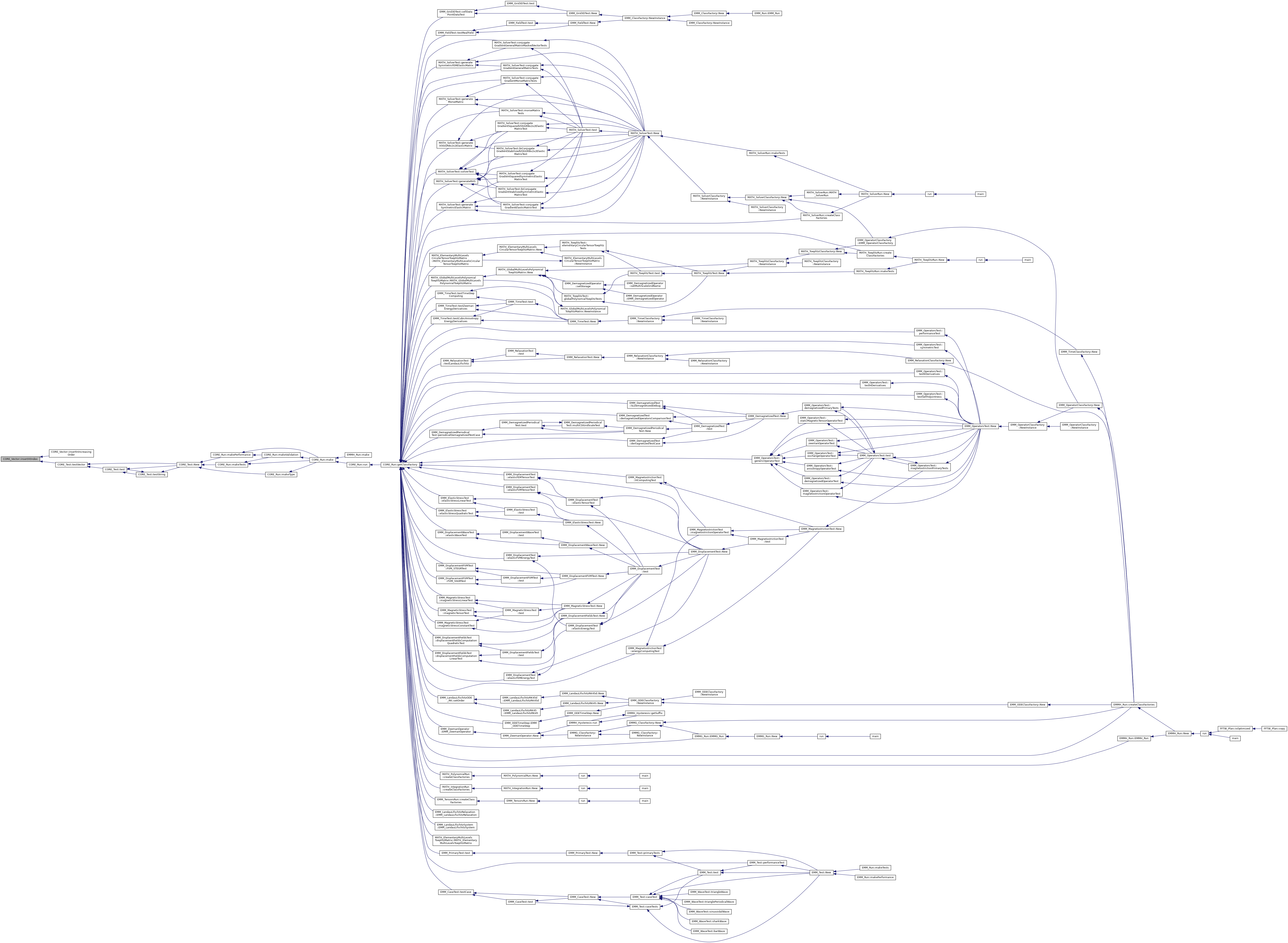
◆ insertInIncreasingOrder()
| tUIndex CORE_Vector< T >::insertInIncreasingOrder | ( | const T & | obj, |
| const tBoolean & | evenIfEqual | ||
| ) |
insert The value in an increasing order
the elements are ranged increasing order
- Parameters
-
obj object to insert evenIfEqual if true : insert even if obj already exists, if false, do not insert it if the value already exits
- Returns
- the index of the obj.
References CORE_Vector< T >::add(), CORE_Vector< T >::getSize(), CORE_Vector< T >::insertAtIndex(), CORE_Vector< T >::mVector, and tUIndex.

◆ is32Architecture()
|
inlinestaticinherited |
return true if the machine is a 32 bits machine
- Returns
- true is the computing is done in a 32 bits machine
References CORE_Object::pointer2String(), CORE_Object::printObjectsInMemory(), and tString.
Referenced by CORE_Test::testType().


◆ is64Architecture()
|
inlinestaticinherited |
return true if the machine is a 64 bits machine
- Returns
- true is the computing is done in a 64 bits machine
Referenced by EMM_VTK::getVTKType(), and CORE_Test::testType().
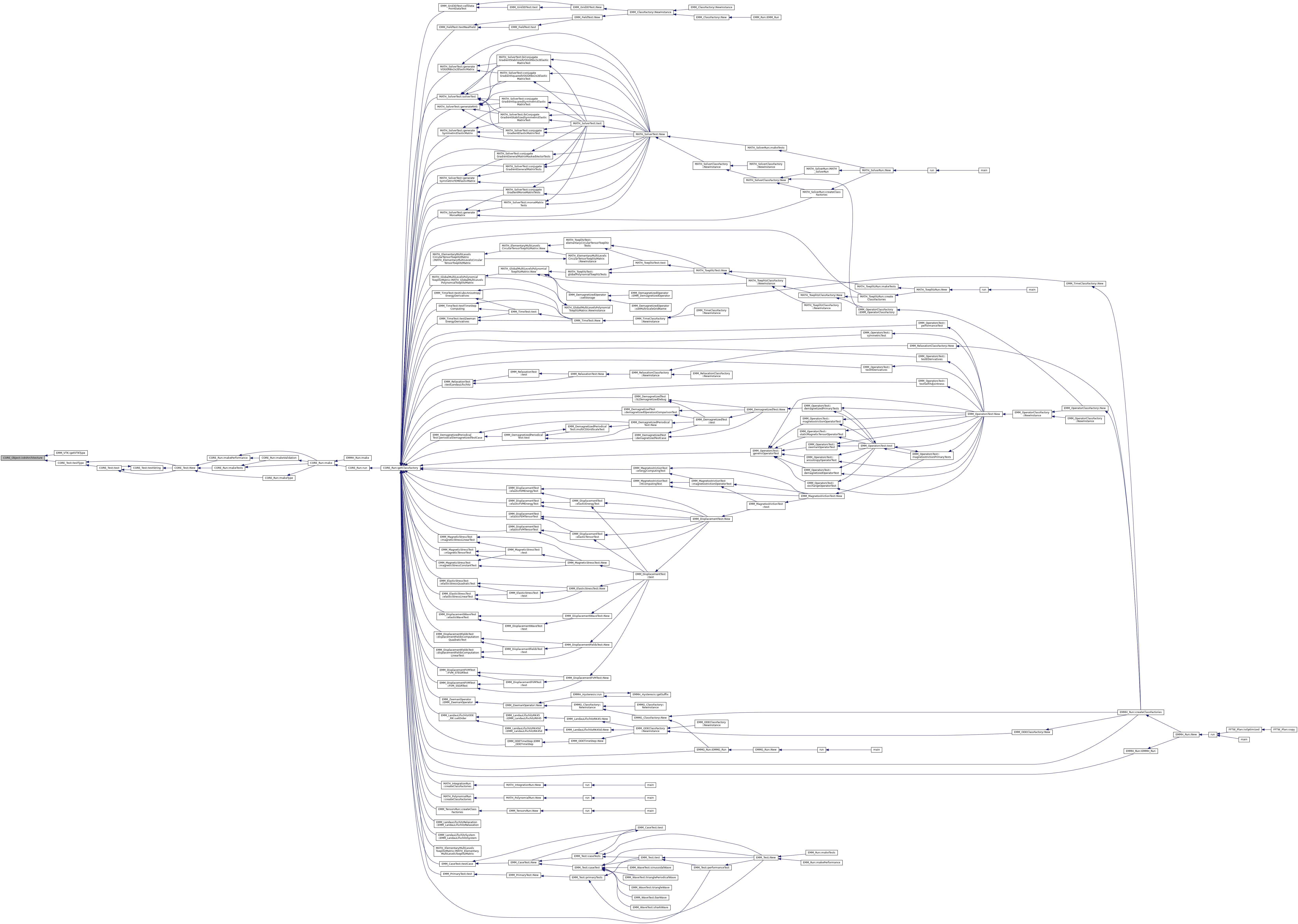
◆ isInstanceOf() [1/2]
|
inlineinherited |
test if the clas T is an instance of this class
- Returns
- true if the object is an instance of T
References null.
Referenced by MATH_ToeplitzTest::toeplitzTest().

◆ isInstanceOf() [2/2]
test if the object is an instance of className
- Parameters
-
name name of the class
- Returns
- true if the object is an instance of class Name
References CORE_Object::getIdentityString().

◆ isMemoryChecked()
|
inlinestaticinherited |
get if the memory checking is used
- Returns
- true: if the memory checking is used.
References CORE_Object::getClassName(), CORE_Object::mIsMemoryTesting, and tString.
Referenced by main().


◆ multiplyBy()
|
inline |
multiplied by value v
- Parameters
-
v miltiplicator value
◆ New() [1/5]
|
inlinestatic |
create a shared pointer of vector which is a copy of vector v
- Parameters
-
v vector to copy
- Returns
- a shared pointer of a vector
◆ New() [2/5]
|
inlinestatic |
create a shared pointer of vector which is a copy of vector v
- Parameters
-
v vector to copy
- Returns
- a shared pointer of a vector
◆ New() [3/5]
|
inlinestatic |
create a shared pointer of vector which is a copy of vector v
- Parameters
-
v vector to copy
- Returns
- a shared pointer of a vector
References null.
◆ New() [4/5]
|
inlinestatic |
create a shared pointer of vector
- Returns
- a shared pointer of a vector
◆ New() [5/5]
|
inlinestatic |
create a shared pointer of vector of size dim
- Parameters
-
dim size of the vector
- Returns
- a shared pointer of a vector
◆ norm()
|
inline |
return the norm of the vector
◆ norm2()
|
inline |
return the squared norm of the vector
References tReal.
◆ normalize()
|
inline |
◆ operator*=()
|
inline |
do the arithmetic operation This*=v
- Returns
- this
◆ operator+=()
|
inline |
do the arithmetic operation This+=v
- Returns
- this
◆ operator-=()
|
inline |
do the arithmetic operation This-=v
- Returns
- this
◆ operator/=()
|
inline |
do the arithmetic operation This/=v
- Returns
- this
◆ operator=()
|
inline |
init the vector to v
- Parameters
-
v init value
- Returns
- this
◆ operator[]() [1/2]
|
inline |
get the i-th element
- Parameters
-
i index of the element to get
- Returns
- the value a at index i for reading only
References ASSERT_IN.
◆ operator[]() [2/2]
|
inline |
get the i-th element
- Parameters
-
i index of the element to get
- Returns
- the value a at index i for reading only
References ASSERT_IN.
◆ out()
|
inlinestaticinherited |
get the output
- Returns
- the output stream
Referenced by EMM_Matter::adimensionize(), EMM_DisplacementFVMOperator::backup(), EMM_DisplacementOperator::backup(), MATH_ElementaryMultiLevelsToeplitzMatrix::buildSpectralVectorProjector(), EMM_Test::caseTest(), EMM_Test::caseTests(), EMM_MatterField::computeAnisotropyDirectionsField(), EMM_OptimalTimeStep::computeOptimalTimeStep(), MATH_MultiLevelsToeplitzMatrix::copy(), CORE_Exception::CORE_Exception(), EMM_MatterField::createAnisotropyOperator(), CORE_Run::createIO(), EMM_ElementaryTest::defaultBackupTest(), EMM_ElementaryTest::defaultTest(), MATH_MultiLevelsFFTToeplitzMatrix::diagonalize(), EMM_DisplacementFVMOperator::discretize(), EMM_MagnetostrictionOperator::discretize(), EMM_DisplacementFEMOperator::discretize(), EMM_4SymmetricTensors::doubleDot(), EMM_4Tensors::doubleDotCrossDoubleDotScalar(), EMM_TensorsTest::doubleDotCrossDoubleDotScalarTests(), EMM_4Tensors::doubleDotCrossProduct(), EMM_TensorsTest::doubleDotCrossProductTests(), EMM_4Tensors::doubleDotCrossSquaredScalar(), EMM_TensorsTest::doubleDotCrossSquaredScalarTests(), EMM_4Tensors::doubleDotProduct(), EMM_TensorsTest::doubleDotProductTests(), EMM_DisplacementWaveTest::elasticWaveTest(), EMM_Test::elementaryTests(), FFTW_Test::fftwTutorial(), MATH_IntegrationTest::gaussLegendreTest(), EMM_MagnetostrictionTest::HComputingTest(), EMM_DemagnetizedPeriodicalTest::HTest(), EMMH_HysteresisTest::hysteresisDefaultCycleTest(), EMM_TensorsTest::initializationTests(), EMM_MultiScaleGrid::initialize(), EMM_MultiScaleSDGrid::initialize(), EMM_MatterField::loadFromANIFile(), EMM_AnisotropyDirectionsField::loadFromFile(), EMM_Matter::loadFromFile(), EMM_Grid3D::loadFromGEOFile(), EMM_MatterField::loadFromLOCFile(), EMM_Array< tCellFlag >::loadFromStream(), EMM_Matter::loadFromStream(), EMM_Matter::loadMattersFromFile(), EMM_Run::loadSystemFromOptions(), EMM_ElementaryTest::magnetostrictionBackupTest(), CORE_Run::make(), EMMH_Run::makeHysteresis(), EMM_Run::makeRun(), CORE_Run::makeType(), EMM_ElementaryTest::optionsTest(), MATH_PolynomialTest::P4Tests(), EMM_Test::primaryTests(), EMM_LandauLifschitzSystem::printLog(), CORE_Run::printOptions(), EMM_2PackedSymmetricTensors::product(), EMMG_SLDemagnetizedOperator::projectionOnSpectralSpace(), CORE_Run::readOptionsFromCommandLine(), CORE_Test::readVectorTest(), EMM_DemagnetizedPeriodicalTest::relaxationTest(), EMM_DisplacementFVMOperator::restore(), EMM_DisplacementOperator::restore(), EMM_Input::restoreBackup(), EMMH_Hysteresis::run(), EMM_Output::save(), EMM_AnisotropyDirectionsField::saveToFile(), EMM_MatterField::saveToFile(), EMM_Grid3D::saveToGEOFile(), CORE_IOTest::searchTest(), EMMH_Hysteresis::setInitialMagnetizationField(), MATH_MultiLevelsToeplitzMatrix::setLevels(), EMM_4SymmetricTensors::squaredDoubleDot(), EMM_4Tensors::squaredDoubleDotCrossScalar(), EMM_TensorsTest::squaredDoubleDotCrossScalarTests(), EMM_4Tensors::squaredDoubleDotScalar(), EMM_TensorsTest::squaredDoubleDotScalarTests(), EMM_TensorsTest::squaredDoubleDotTests(), EMM_MatterTest::testAdimensionize(), EMM_MatterTest::testANIFile(), CORE_Test::testComplex(), CORE_Test::testDateWeek(), FFTW_Test::testDFT(), EMM_MatterTest::testIO(), EMM_ODETest::testODE(), CORE_Test::testOut(), CORE_Test::testReal(), EMM_FieldTest::testRealArray(), EMM_Grid3DTest::testSegment(), EMM_Grid3DTest::testThinSheet(), CORE_Test::testTime(), CORE_Test::testType(), MATH_FullMatrix::toString(), EMM_DemagnetizedPeriodicalTest::xyPeriodicalCubeSDGTest(), and EMM_DemagnetizedPeriodicalTest::xyPeriodicalSheetSDGTest().

◆ permute()
| void CORE_Vector< T >::permute | ( | const tUIndex & | i, |
| const tUIndex & | j | ||
| ) |
permute
- Parameters
-
i : first index to permute j : secund index to permute permute the index i & j
References CORE_Vector< T >::mVector.
◆ pointer2String()
|
staticinherited |
return the string representation of a pointer
- Parameters
-
obj : oject to get the string pointer
- Returns
- the string pointer of the object
References tString.
Referenced by CORE_Object::CORE_Object(), CORE_Object::getIdentityString(), CORE_Object::getPointerAddress(), CORE_Object::is32Architecture(), and CORE_Object::~CORE_Object().

◆ printObjectsInMemory() [1/2]
|
staticinherited |
print object in memory
- Parameters
-
f : output to print the objects in memory
References CORE_Object::getIdentityString(), CORE_Object::getSharedPointer(), CORE_Object::mIsMemoryTesting, CORE_Object::mObjects, and tInteger.

◆ printObjectsInMemory() [2/2]
|
inlinestaticinherited |
print object in memory in the standart output
Referenced by CORE_Object::is32Architecture(), and main().
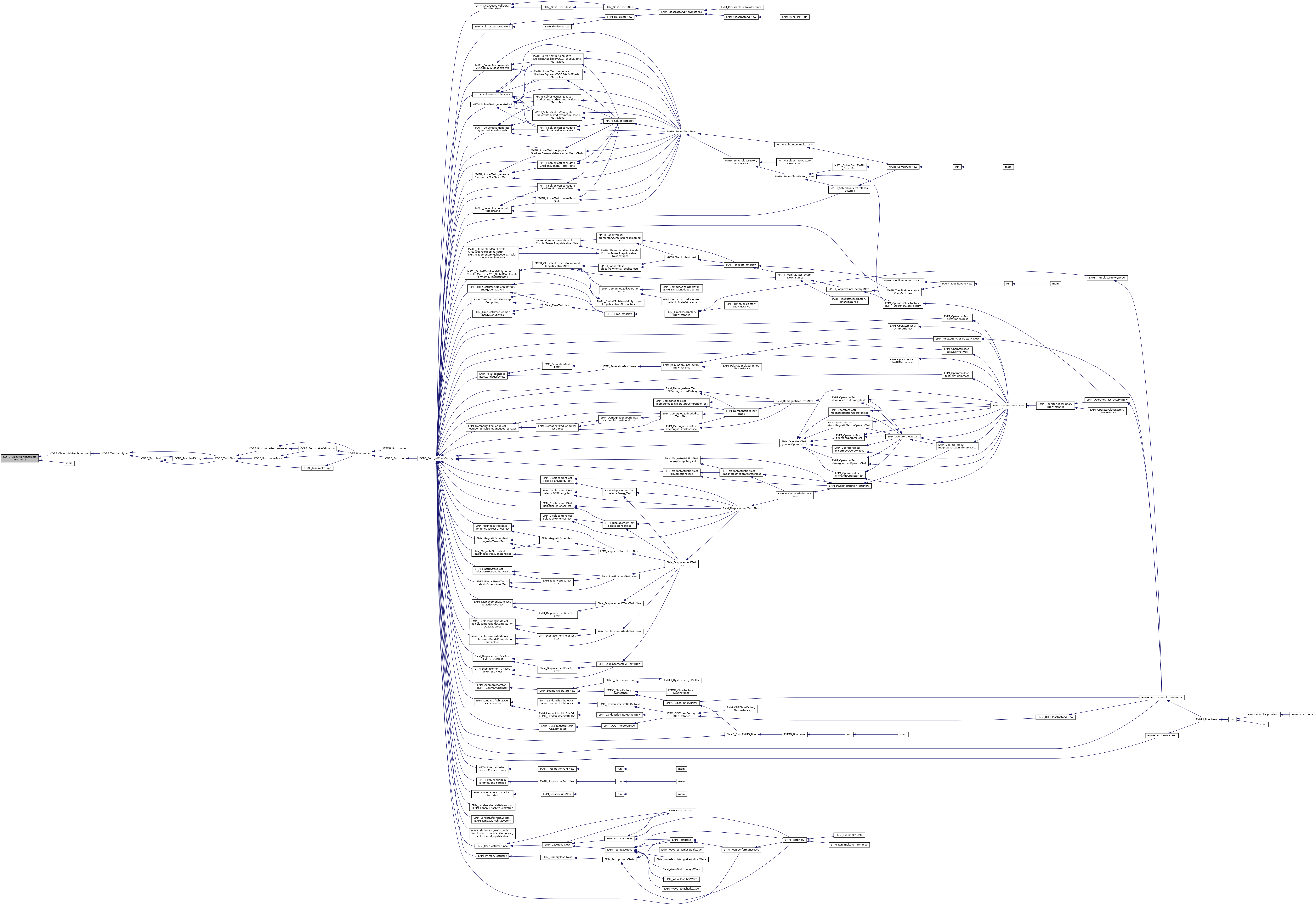
◆ push_back()
|
inline |
add an element at the end
- Parameters
-
obj the element to add
◆ remove() [1/3]
| tBoolean CORE_Vector< T >::remove | ( | const T & | obj | ) |
remove all the value for the vector
- Parameters
-
obj the value to remove
- Returns
- true if the value exists,
- false otherwise.
References CORE_Vector< T >::exists(), CORE_Vector< T >::mVector, and tBoolean.

◆ remove() [2/3]
|
inline |
◆ remove() [3/3]
|
inline |
remove the last pointer
◆ removeAtIndex()
| tBoolean CORE_Vector< T >::removeAtIndex | ( | const tUIndex & | i | ) |
remove the pointer at index i
References CORE_Vector< T >::getSize(), and CORE_Vector< T >::mVector.
Referenced by CORE_IO::getFiles().


◆ reserve()
|
inline |
set the capacity of the vector
- Parameters
-
n new capacity of the vector
◆ resetOut()
|
inlinestaticinherited |
◆ resetThread()
|
inlinestaticinherited |
◆ reverse() [1/2]
return the reverse order
- Parameters
-
oder the order to reverse
- Returns
- the reverse order
References CORE_List::GE, CORE_List::GT, CORE_List::LE, and CORE_List::LT.
Referenced by CORE_List::compareString(), and CORE_ArrayList< tString >::reverse().

◆ reverse() [2/2]
| void CORE_Vector< T >::reverse | ( | ) |
reverse the vector
References CORE_Vector< T >::mVector.
◆ rotX()
|
inline |
rotate the vector among x-axes with angle alpha
- Parameters
-
alpha angle of rotation vector must be of size 3
References tReal.
◆ rotZ()
|
inline |
rotate the vector among z-axes with angle gamma
- Parameters
-
gamma angle of rotation vector must be of size 3
References tReal.
◆ scalarProduct() [1/2]
|
inline |
return the scalar product of the vector with the a vector
References CORE_Vector< T >::begin(), CORE_Vector< T >::getSize(), tReal, and tUIndex.

◆ scalarProduct() [2/2]
|
inline |
return the scalar product of the vector with the a vector
References null.
◆ search() [1/2]
|
static |
search the value in values vector ordered in order If it does not existe return getMaxUIndex()
References CORE_List::compare(), CORE_List::EQ, CORE_Object::getMaxUIndex(), and tUIndex.
Referenced by CORE_Test::testString().


◆ search() [2/2]
|
inline |
search the value in values vector ordered in order
References tUIndex.
◆ set()
|
inline |
set value at indx i
- Parameters
-
i index of the element to set v new value of the element at index i
Referenced by CORE_Map< Key, Value >::getValues().

◆ setIsMemoryChecked()
|
inlinestaticinherited |
set if the memory checking is used
- Parameters
-
v : true to check memory
Referenced by main().

◆ setOut()
|
inlinestaticinherited |
◆ setSize()
|
inline |
set the size of the vector
- Parameters
-
n size of the vector
Referenced by CORE_Vector< T >::addAfterIndex(), CORE_Vector< T >::append(), CORE_Vector< T >::crossProduct(), CORE_SharedPointersVMap< tString, CORE_Object >::getKeys(), CORE_SharedPointersKVMap< Key, Value >::getKeys(), CORE_SharedPointersKVMap< Key, Value >::getValues(), CORE_SharedPointersVMap< tString, CORE_Object >::getValues(), CORE_Map< Key, Value >::getValues(), CORE_Vector< T >::initValues(), and CORE_Test::testVector().
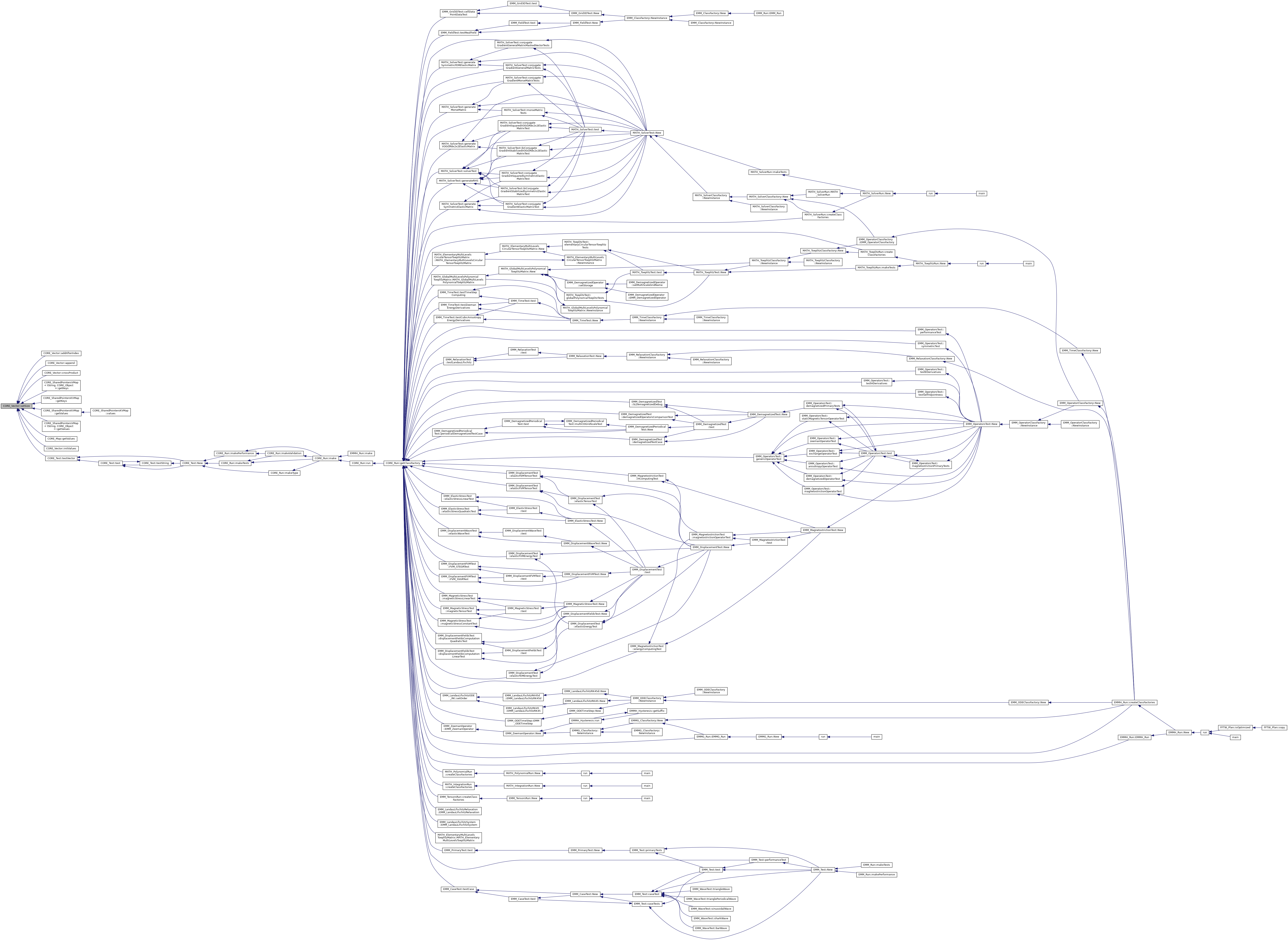
◆ setThis()
|
inlineprotectedinherited |
set this weak shared pointer called toDoAfterThis setting method
- Parameters
-
p : shared pointer of the class This
References CORE_Object::toDoAfterThisSetting().

◆ setThread()
|
inlinestaticinherited |
set the thread
- Parameters
-
thread the shared pointer to the thread
References null.
Referenced by EMM_Run::EMM_Run(), EMM_TensorsRun::EMM_TensorsRun(), and MATH_SolverRun::MATH_SolverRun().

◆ setValue()
|
inline |
set value at indx i
- Parameters
-
i index of the element to set v new value of the element at index i
◆ setValues() [1/2]
|
inline |
◆ setValues() [2/2]
|
inline |
set the values
- Parameters
-
u the values to set as an array n the size of u
◆ size()
|
inline |
return the size of the vector
- Returns
- the size of the vector
Referenced by CORE_IOTest::testIO().

◆ sort() [1/3]
|
inline |
sort the vector
decreasing order
< increasing order
Referenced by CORE_IO::getFiles(), and CORE_Test::testString().
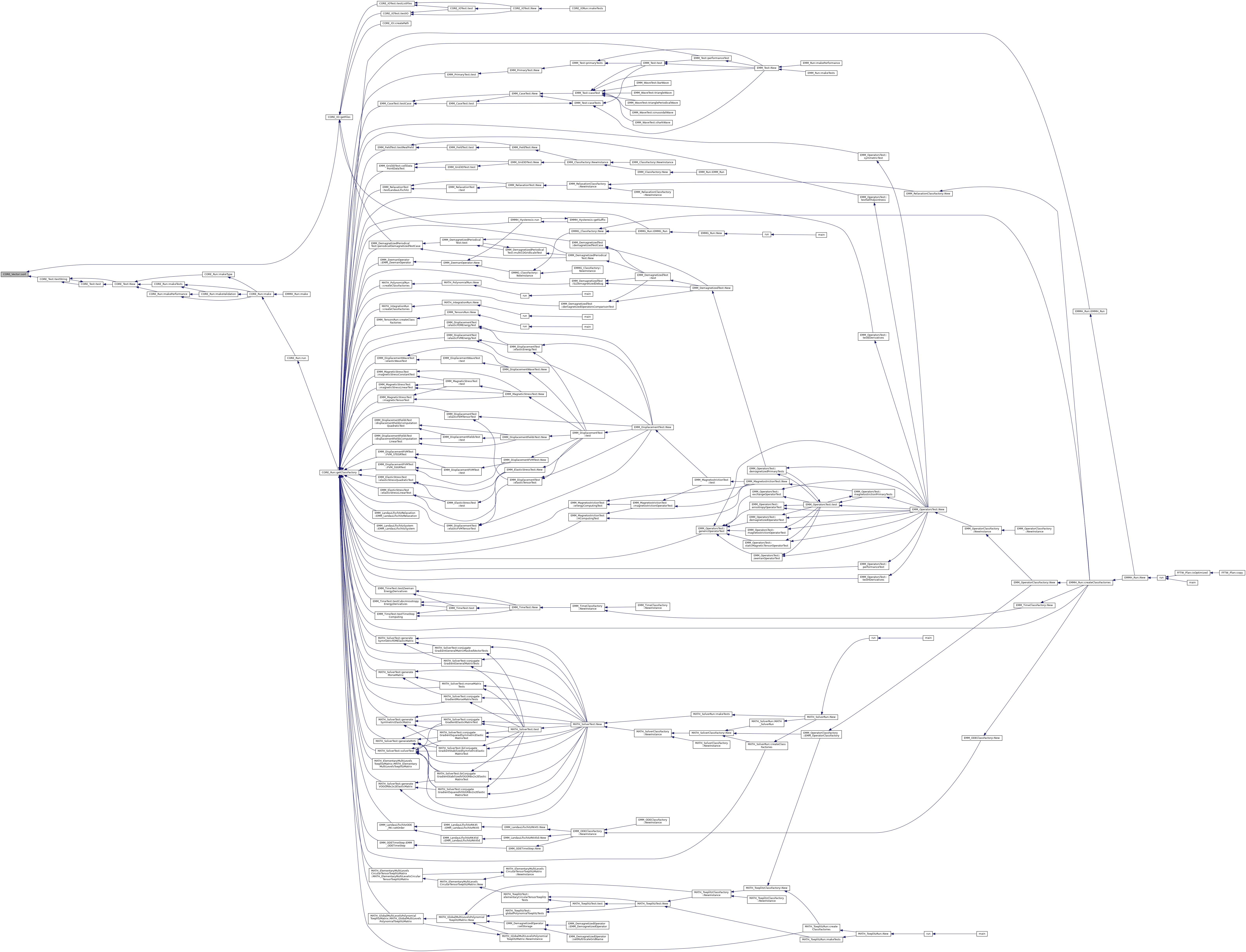
◆ sort() [2/3]
|
inline |
sort the vector
decreasing order
< increasing order
References CORE_List::LT, tFlag, and tUIndex.
Referenced by CORE_IO::getFiles().

◆ sort() [3/3]
|
static |
sort the vector items
References CORE_List::compare(), and tUIndex.

◆ sub() [1/3]
|
inline |
This-=v;.
- Parameters
-
v : the vector to substract
◆ sub() [2/3]
|
inline |
This-=f*v;.
- Parameters
-
f : the multiplicator value v the vector to substract
References CORE_Vector< T >::begin(), CORE_Vector< T >::getSize(), and tUIndex.

◆ sub() [3/3]
|
inline |
init the value to This=u-v
References CORE_Vector< T >::begin(), CORE_Vector< T >::getSize(), and tUIndex.

◆ toDoAfterThisSetting()
|
inlineprotectedvirtualinherited |
method called after setThis() method this method can oly be called once.
Reimplemented in EMM_DisplacementOperator, EMM_DisplacementFVMOperator, EMM_GaussLegendreRelaxation, EMM_GradGaussLegendreRelaxation, and EMM_Object.
Referenced by CORE_Object::setThis().

◆ toString()
|
inlinevirtual |
return the string representation of the vector
- Returns
- the string representation of the vector
Reimplemented from CORE_Object.
References CORE_String::toString(), and tString.

Member Data Documentation
◆ EQ
|
staticinherited |
Referenced by CORE_ArrayList< tString >::search(), and CORE_Vector< T >::search().
◆ GE
|
staticinherited |
Referenced by CORE_List::reverse().
◆ GT
|
staticinherited |
Referenced by CORE_List::reverse(), and CORE_Test::testString().
◆ LE
|
staticinherited |
Referenced by CORE_List::reverse().
◆ LT
|
staticinherited |
◆ mVector
|
private |
Referenced by CORE_Vector< T >::addAfterIndex(), CORE_Vector< T >::addAfterIndices(), CORE_Vector< T >::append(), CORE_Vector< T >::CORE_Vector(), CORE_Vector< T >::exists(), CORE_Vector< T >::initValues(), CORE_Vector< T >::insert(), CORE_Vector< T >::insertInIncreasingOrder(), CORE_Vector< T >::permute(), CORE_Vector< T >::remove(), CORE_Vector< T >::removeAtIndex(), and CORE_Vector< T >::reverse().
◆ NEQ
|
staticinherited |
◆ NO_ORDER
|
staticinherited |
Referenced by CORE_ArrayList< tString >::CORE_ArrayList(), and CORE_ArrayList< tString >::sort().
The documentation for this class was generated from the following files:



 1.8.13
1.8.13